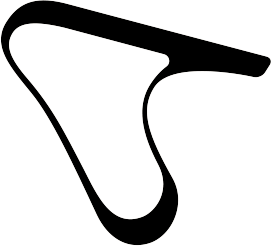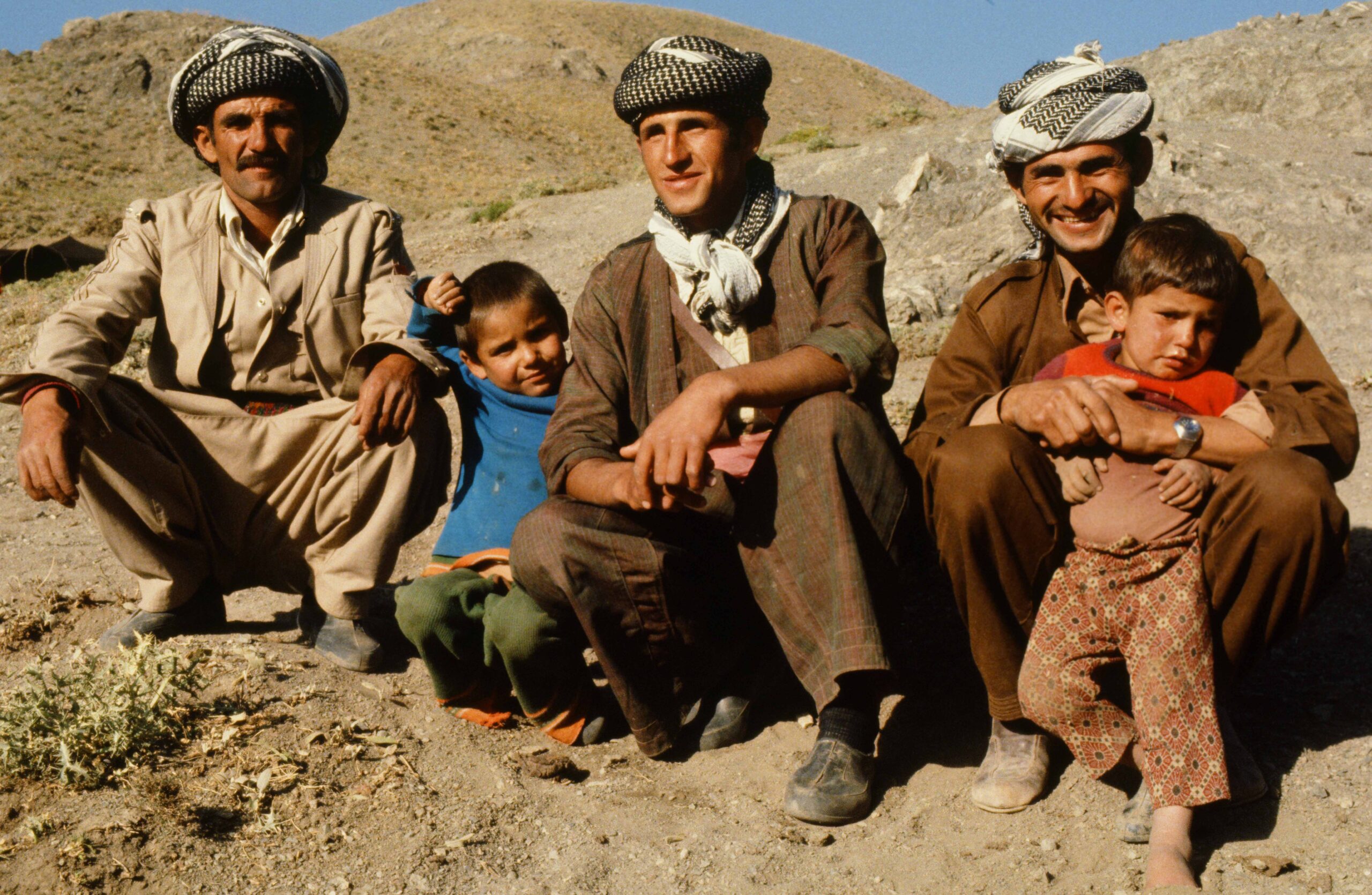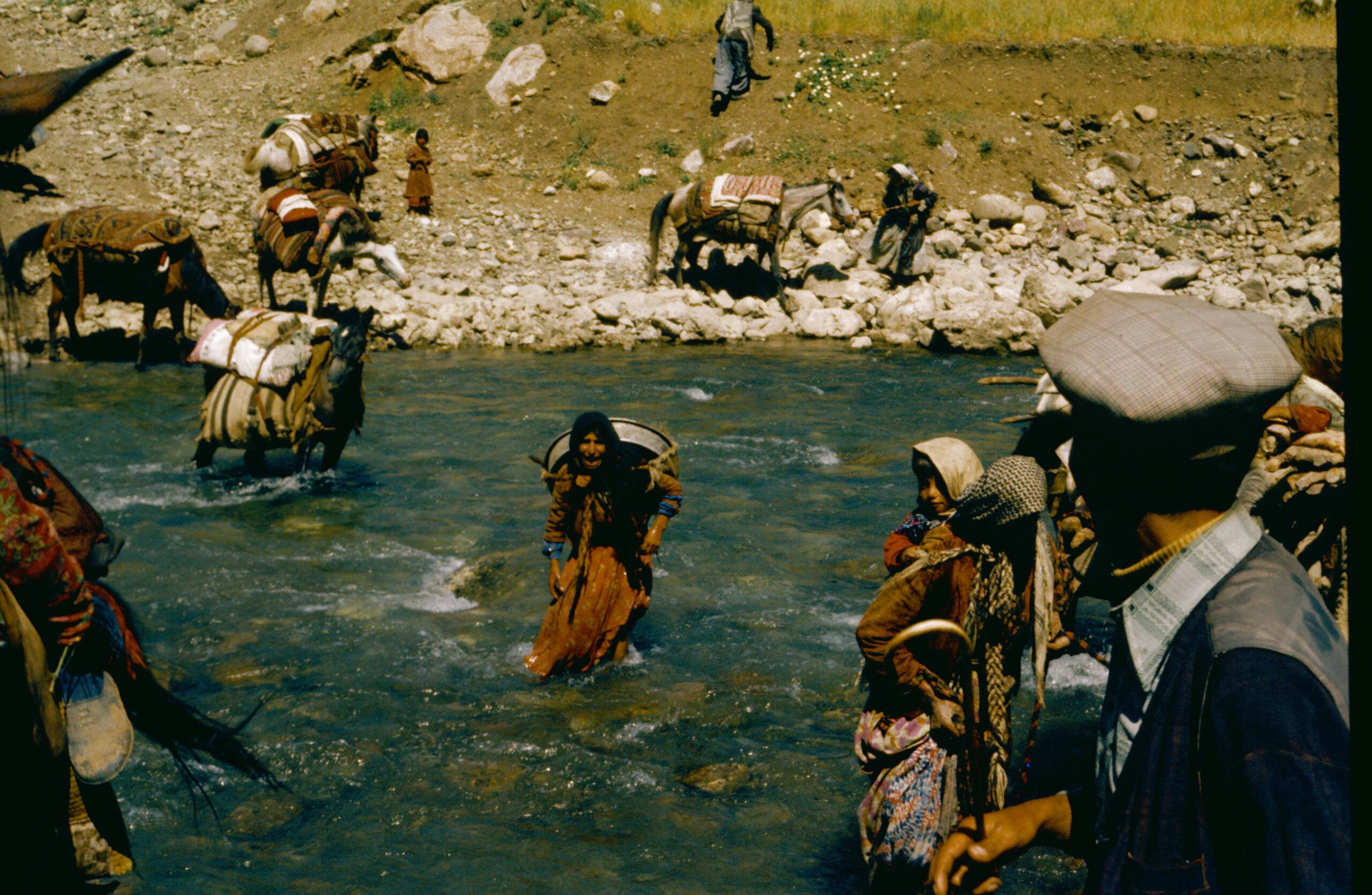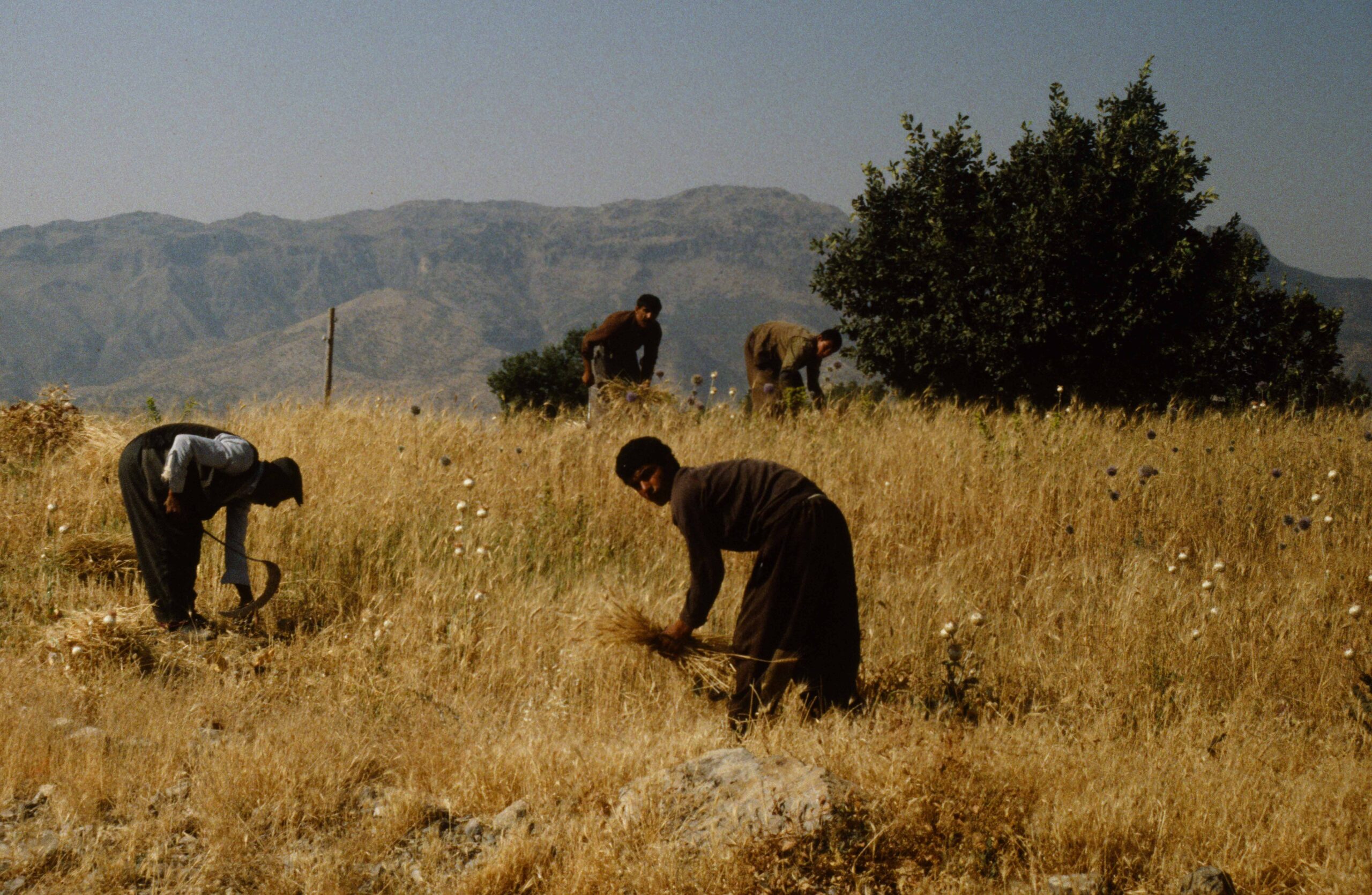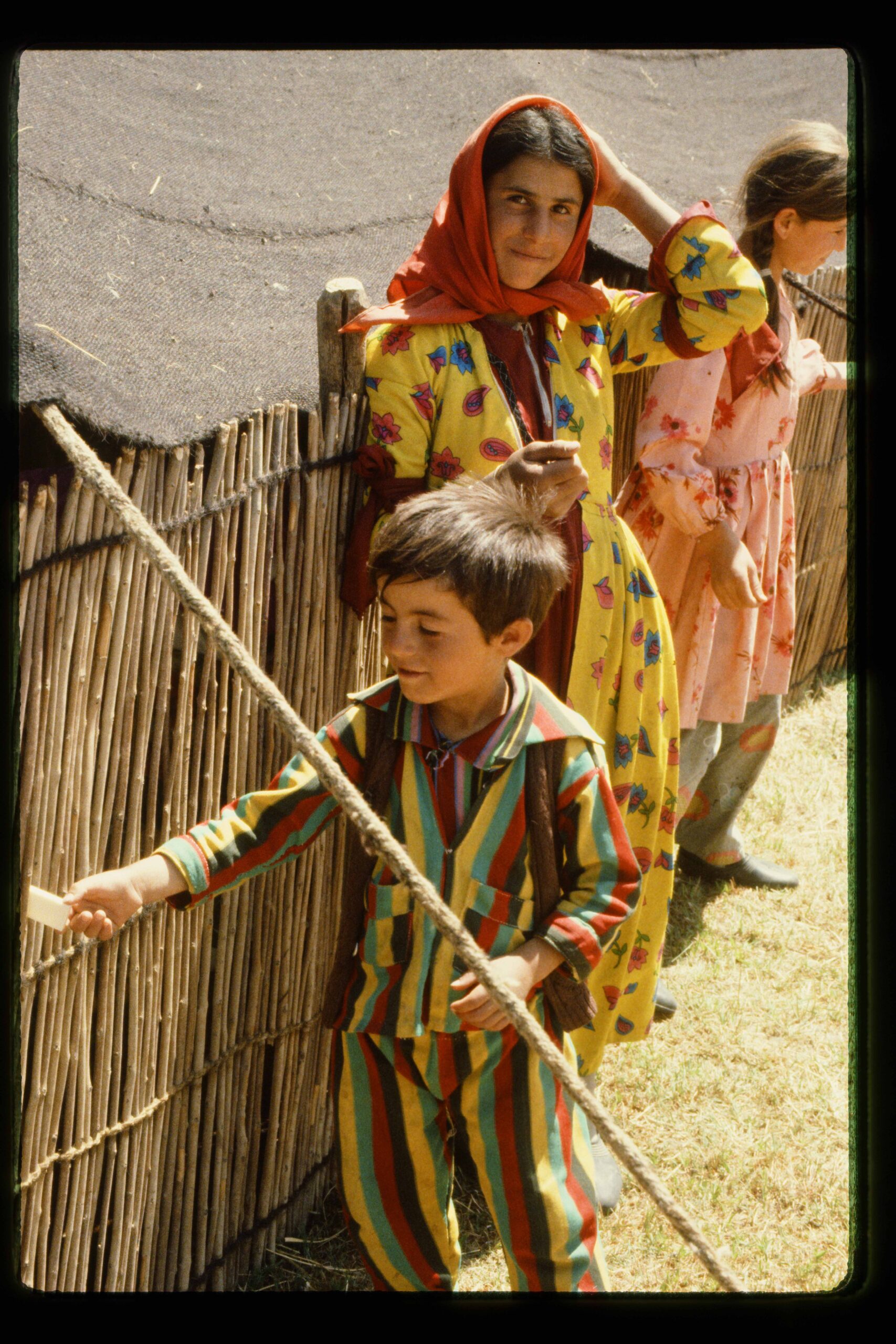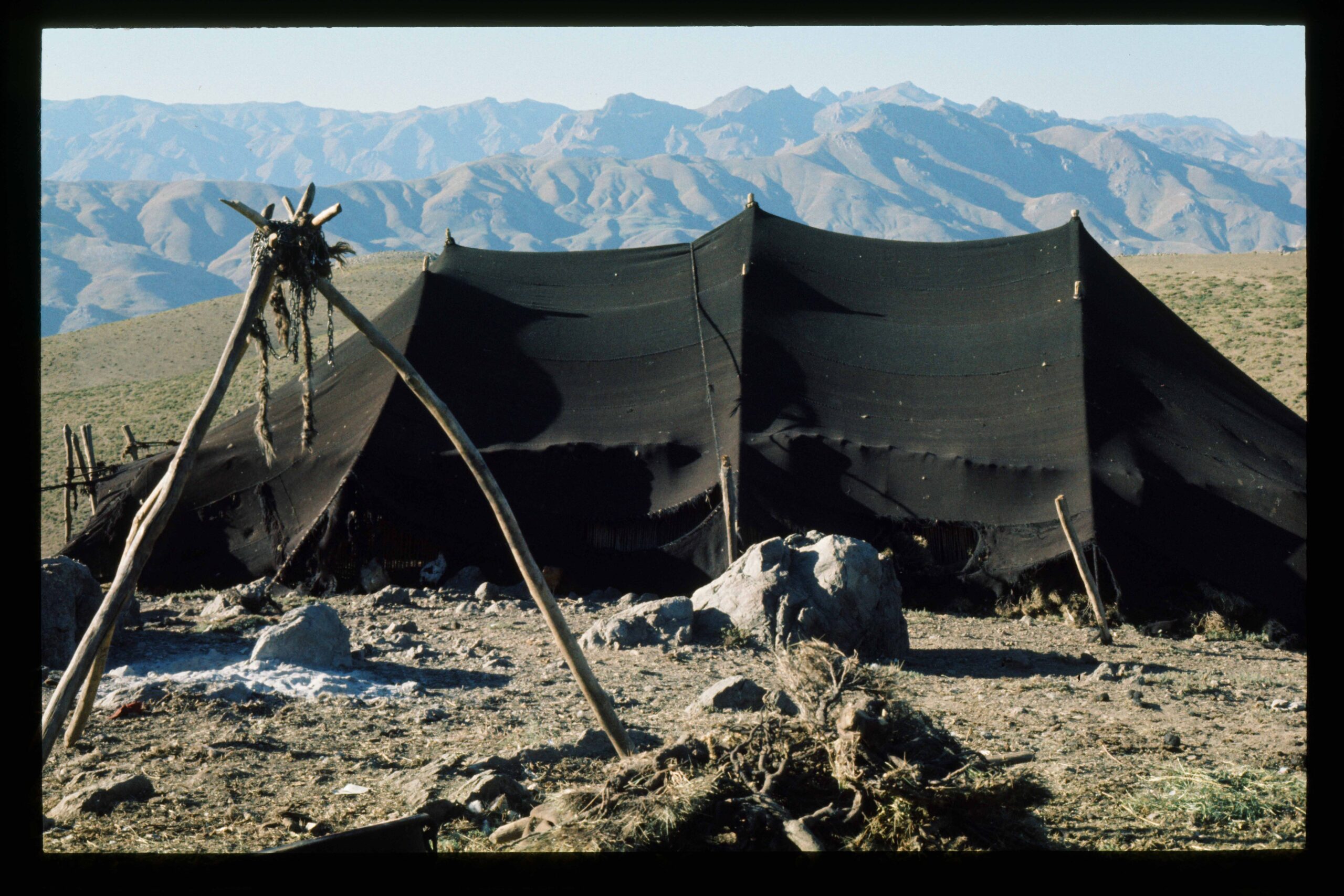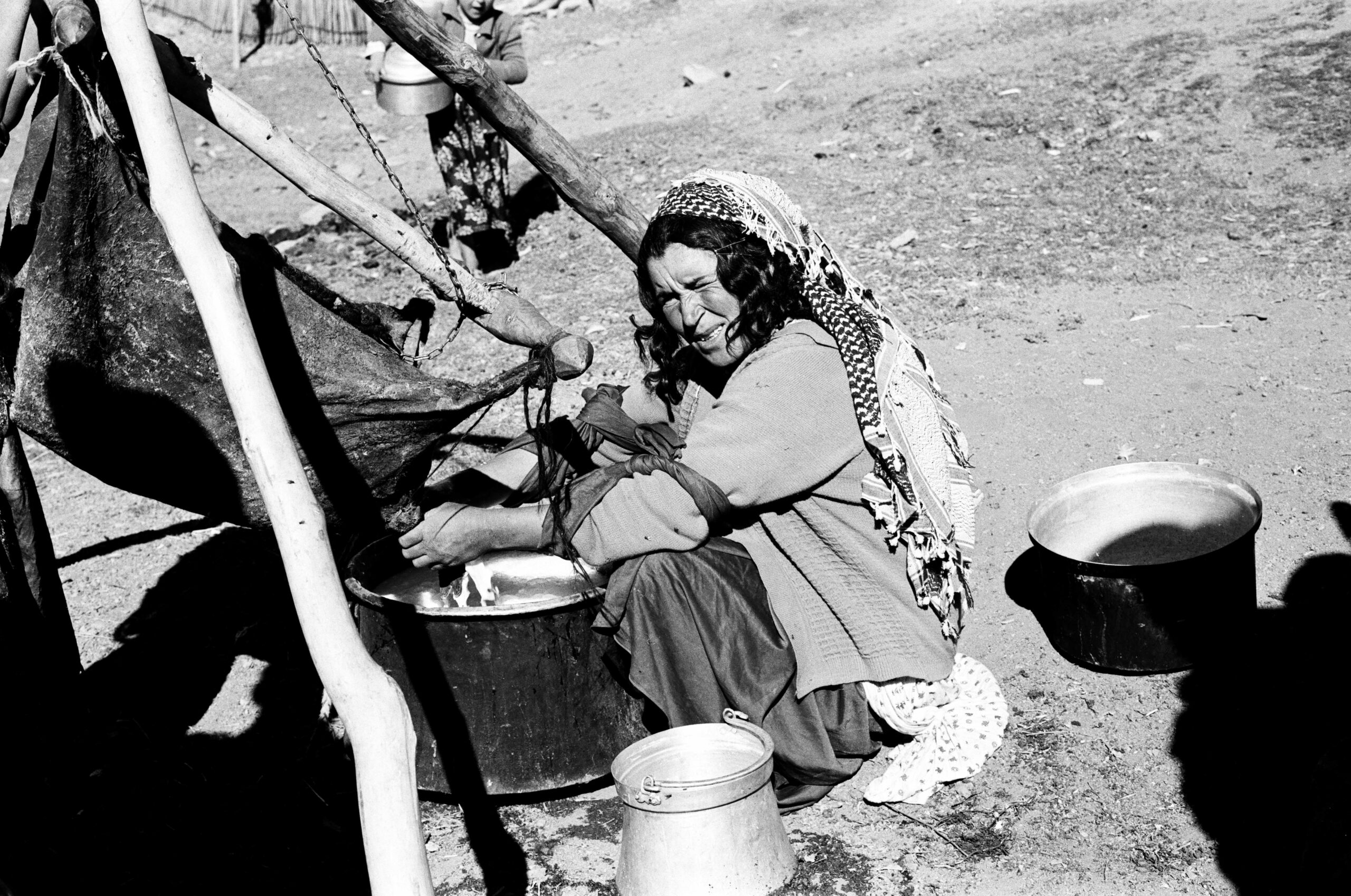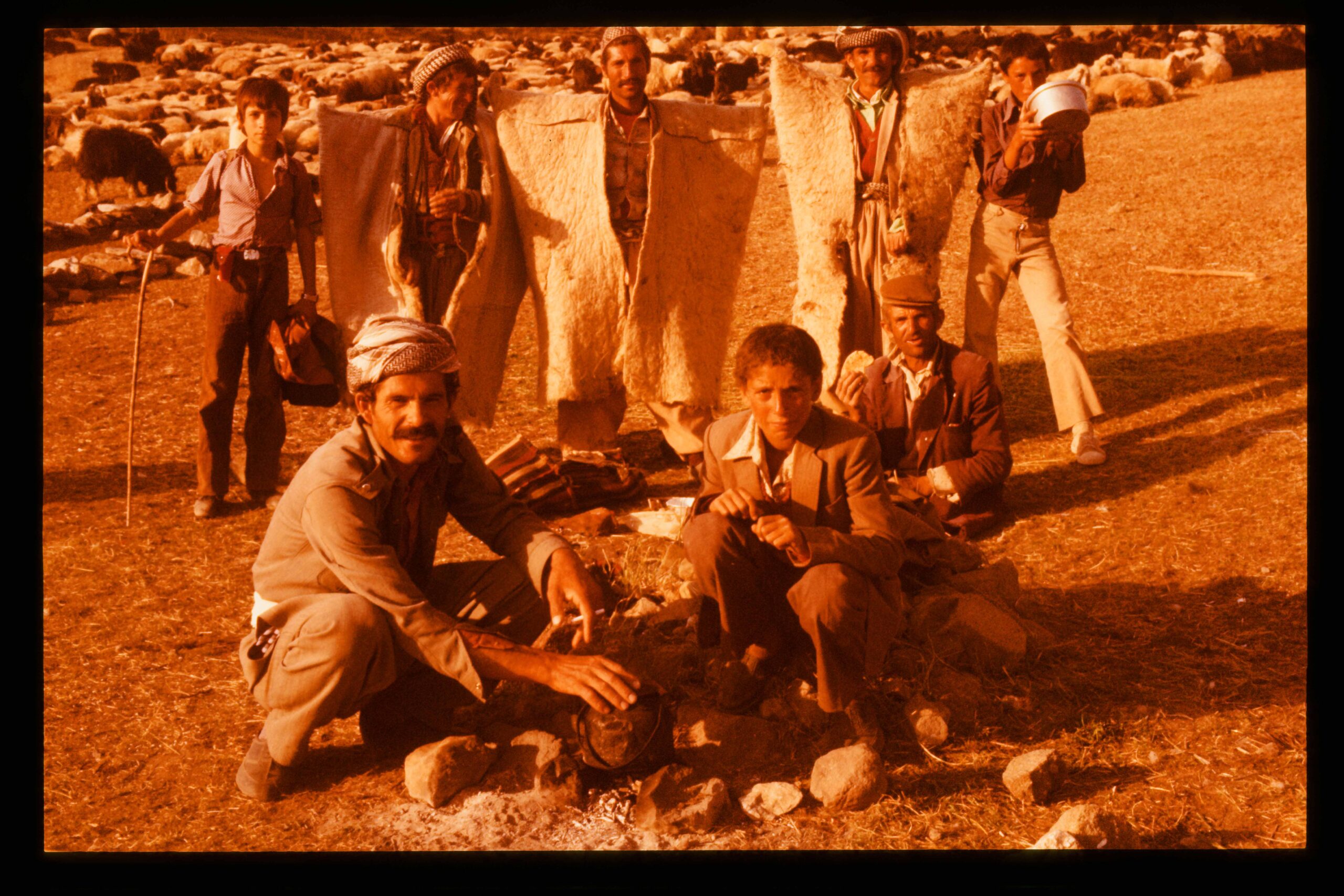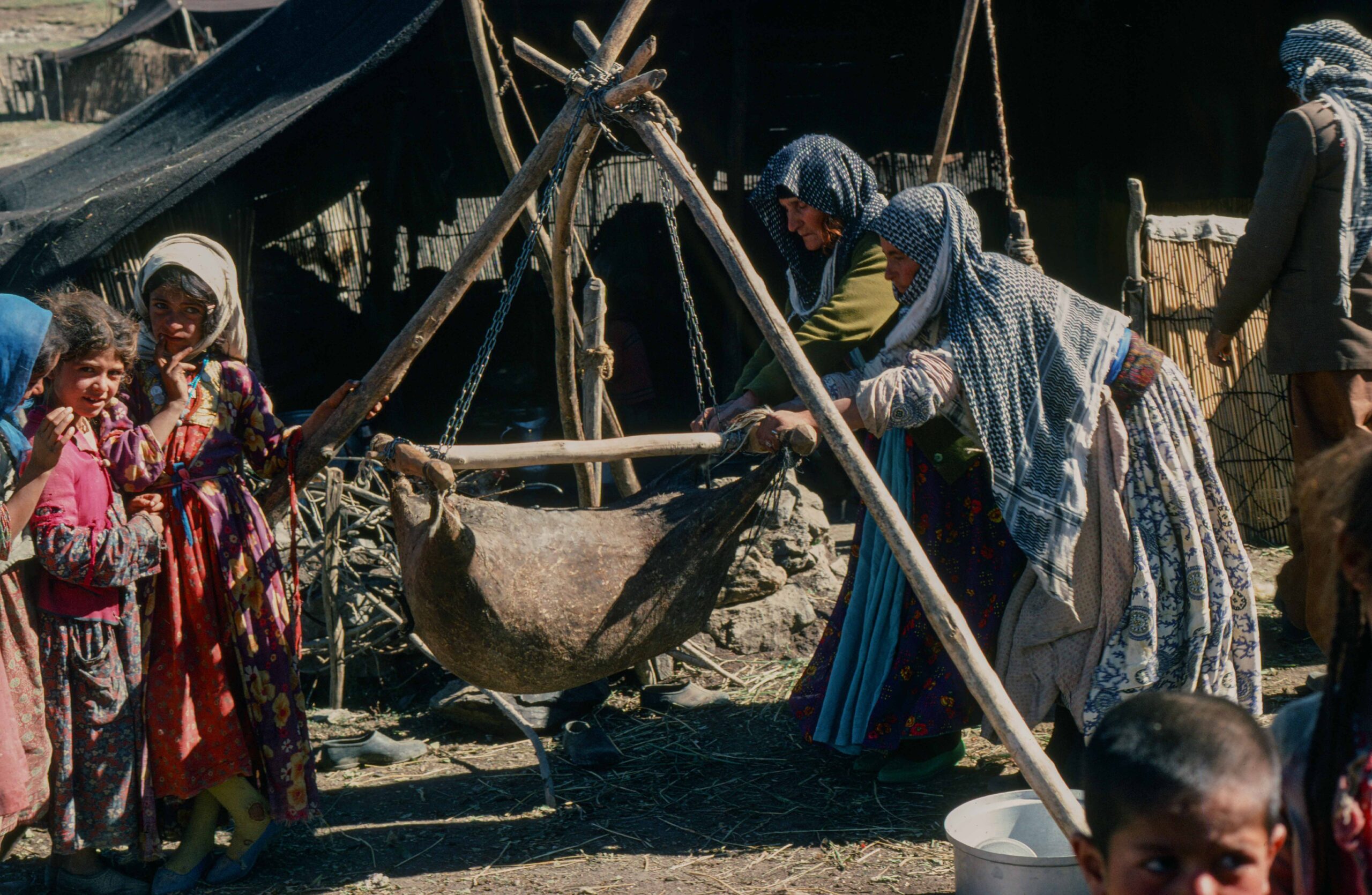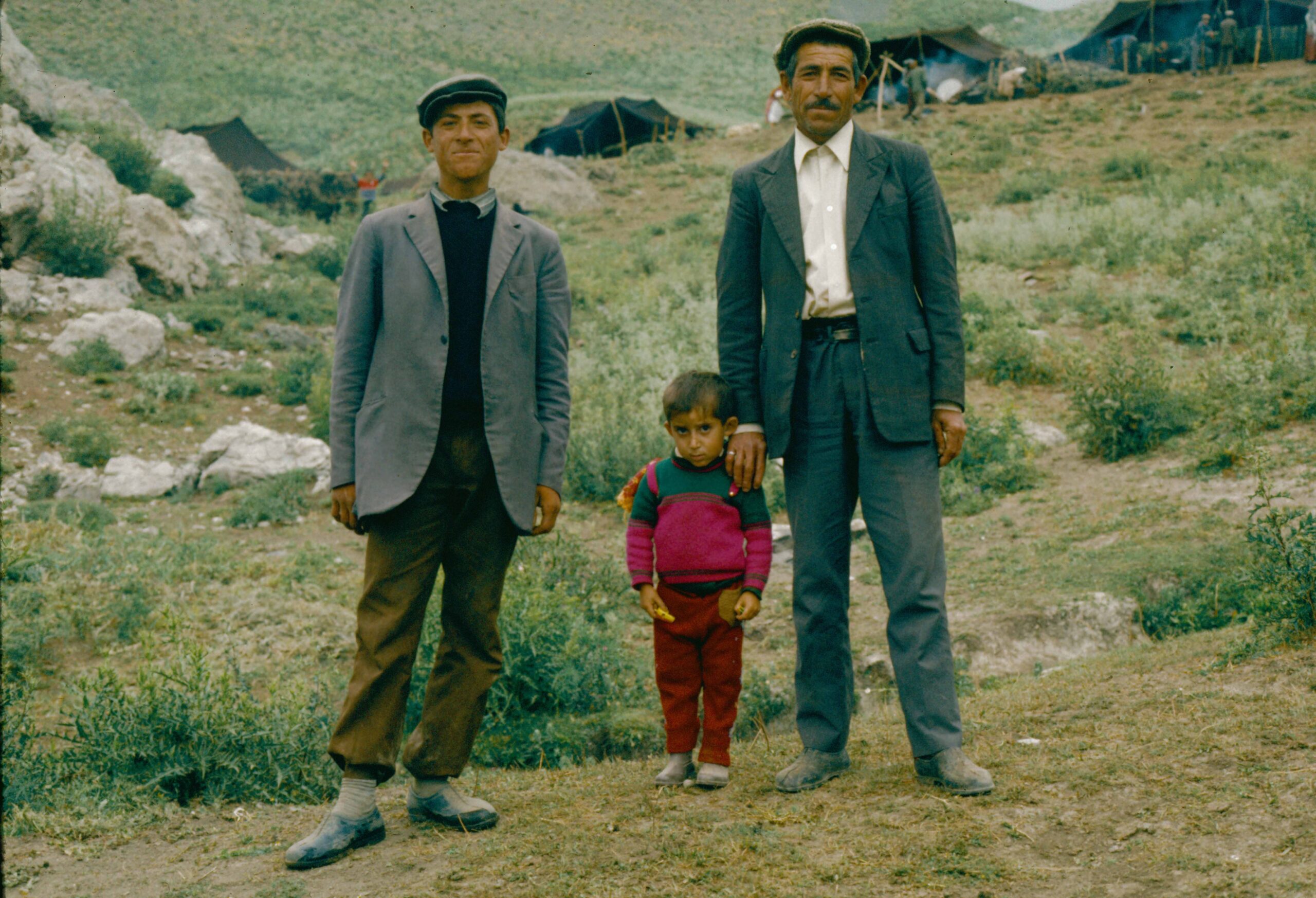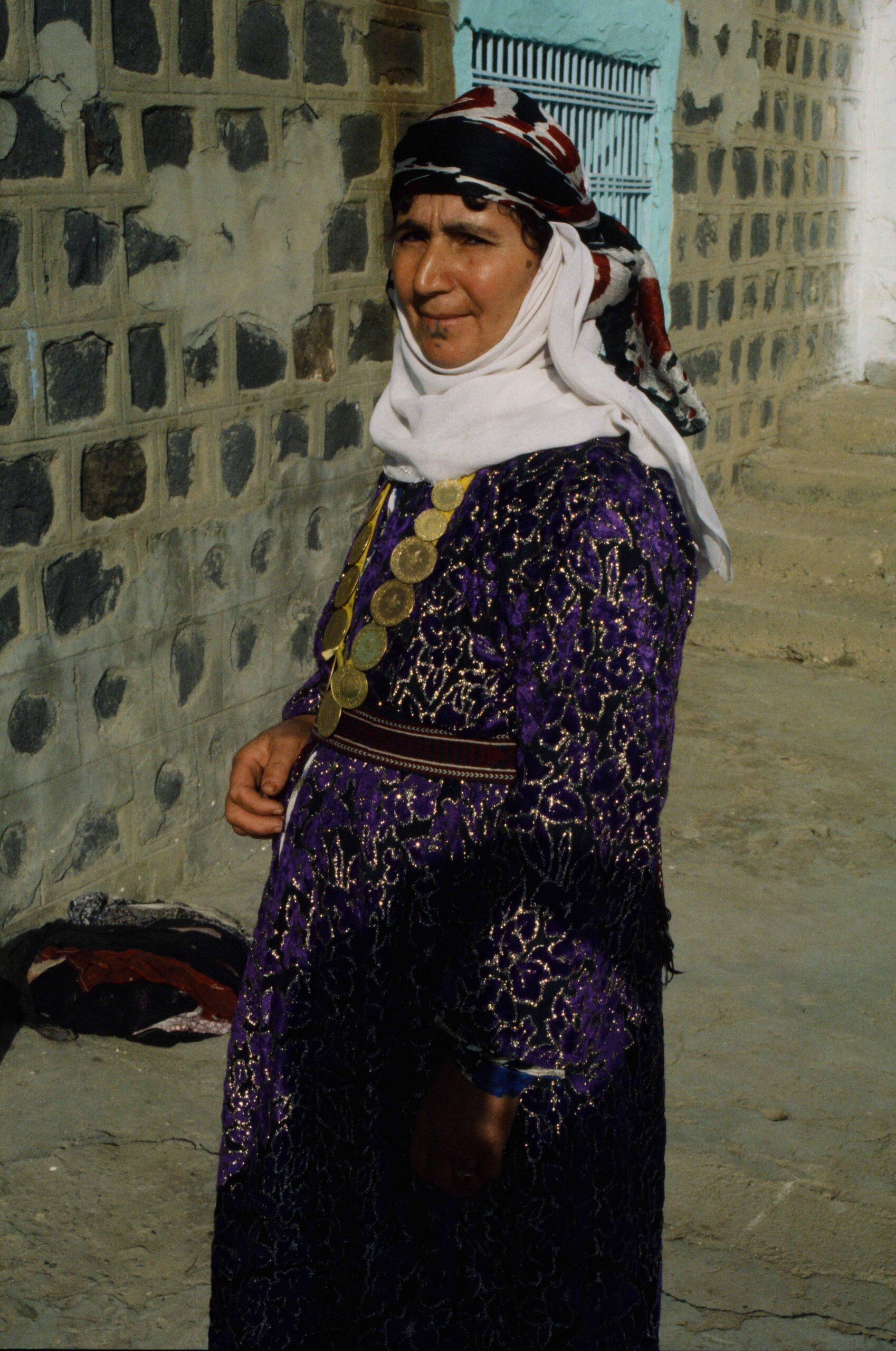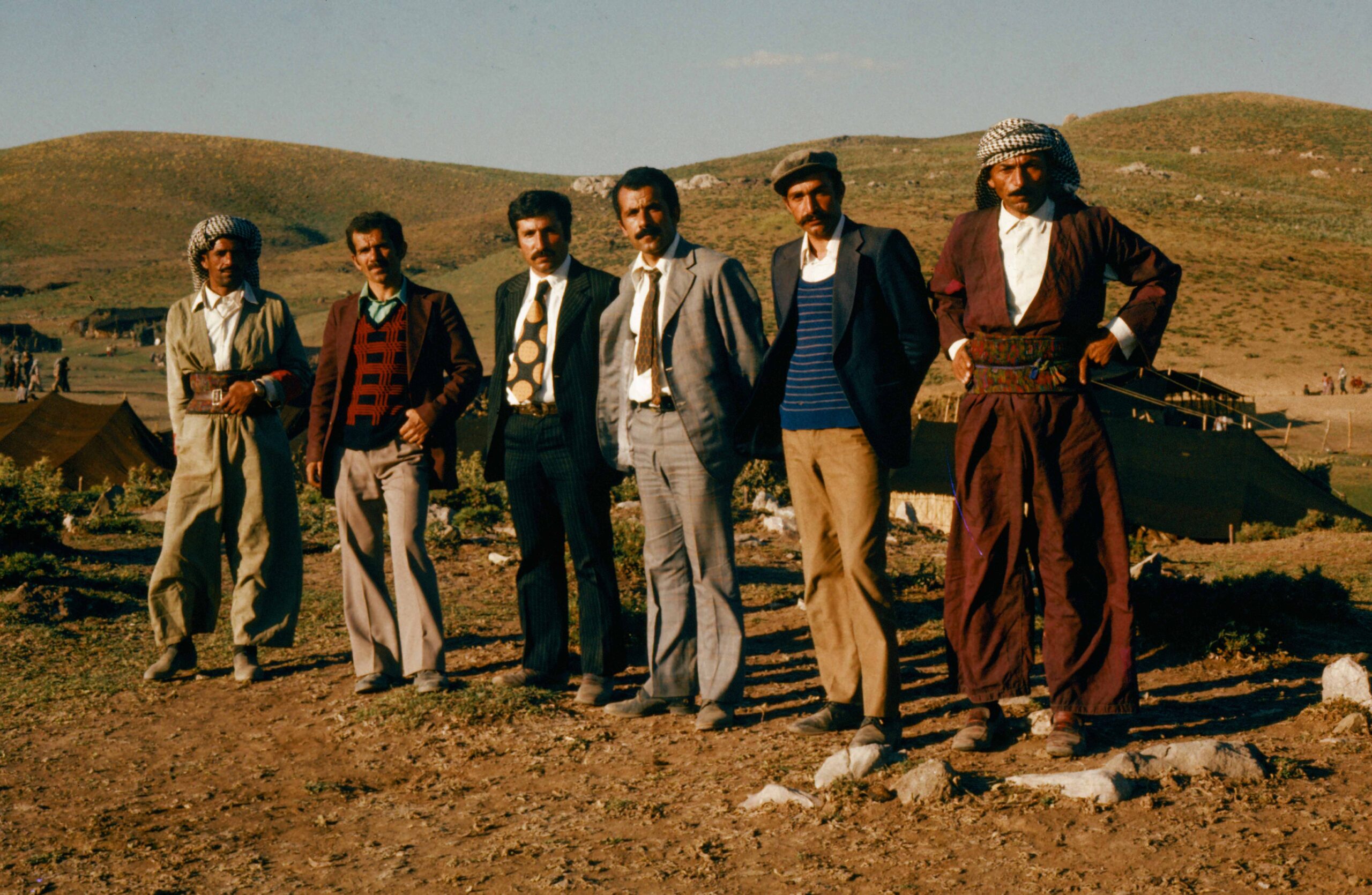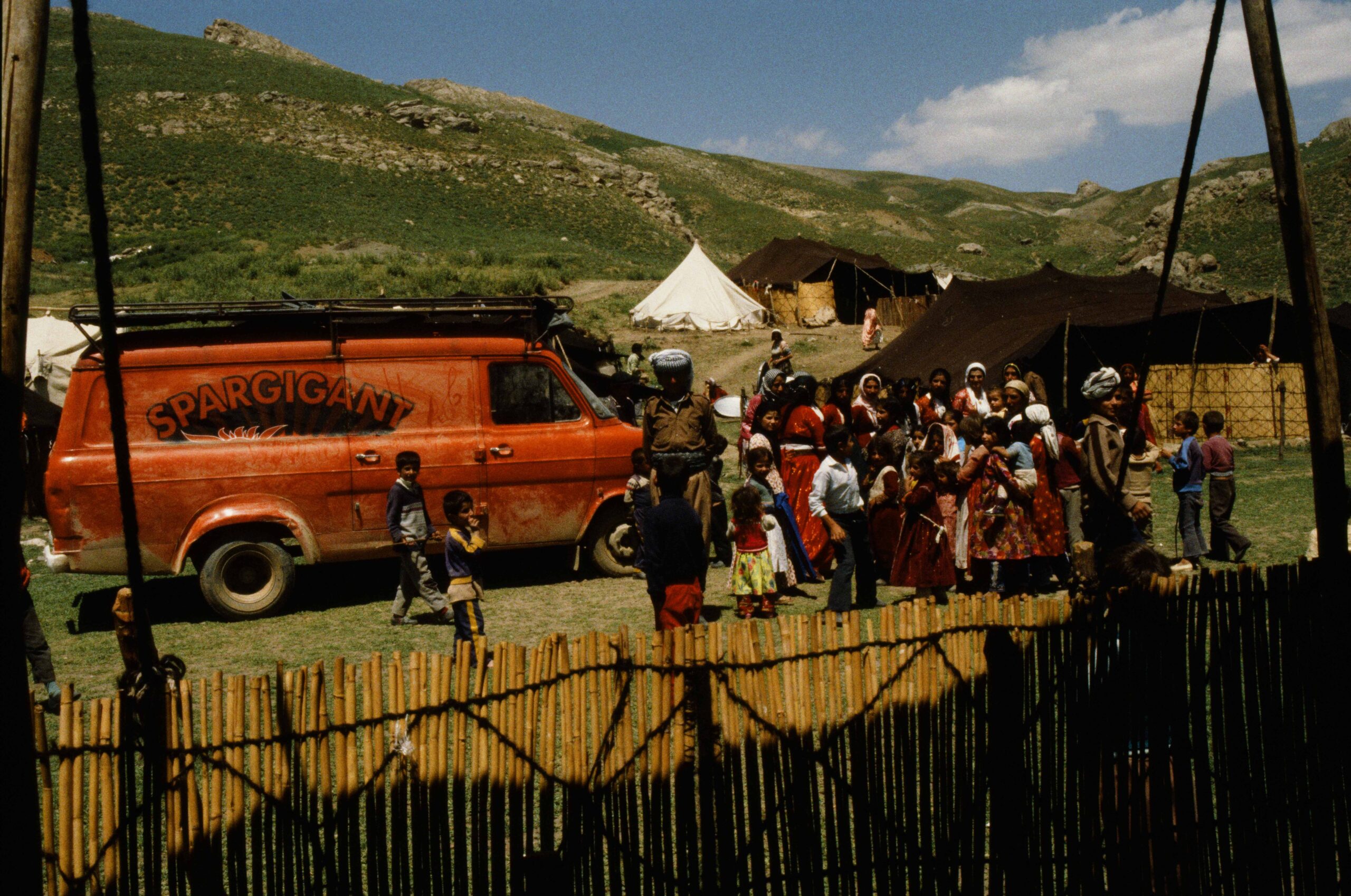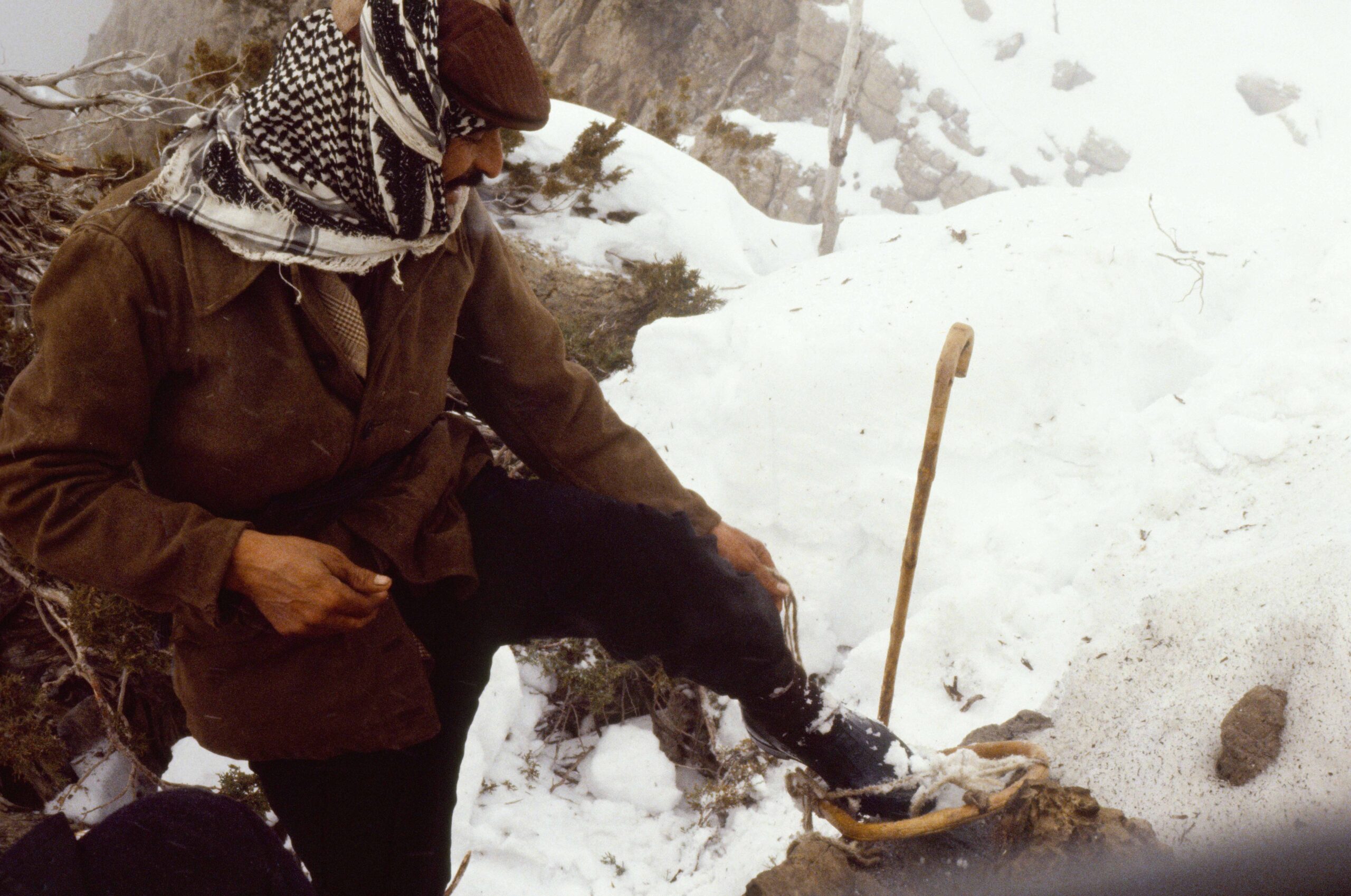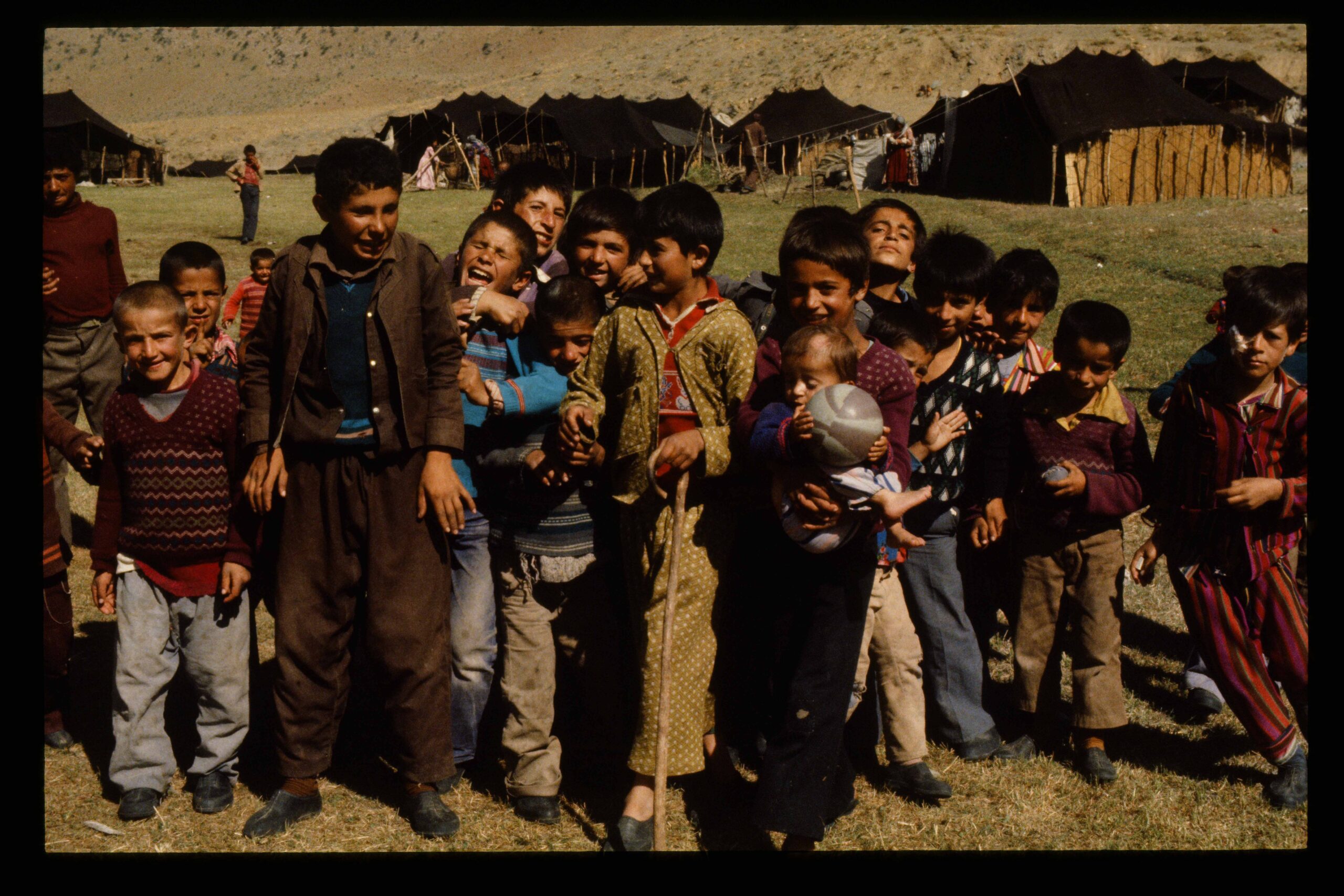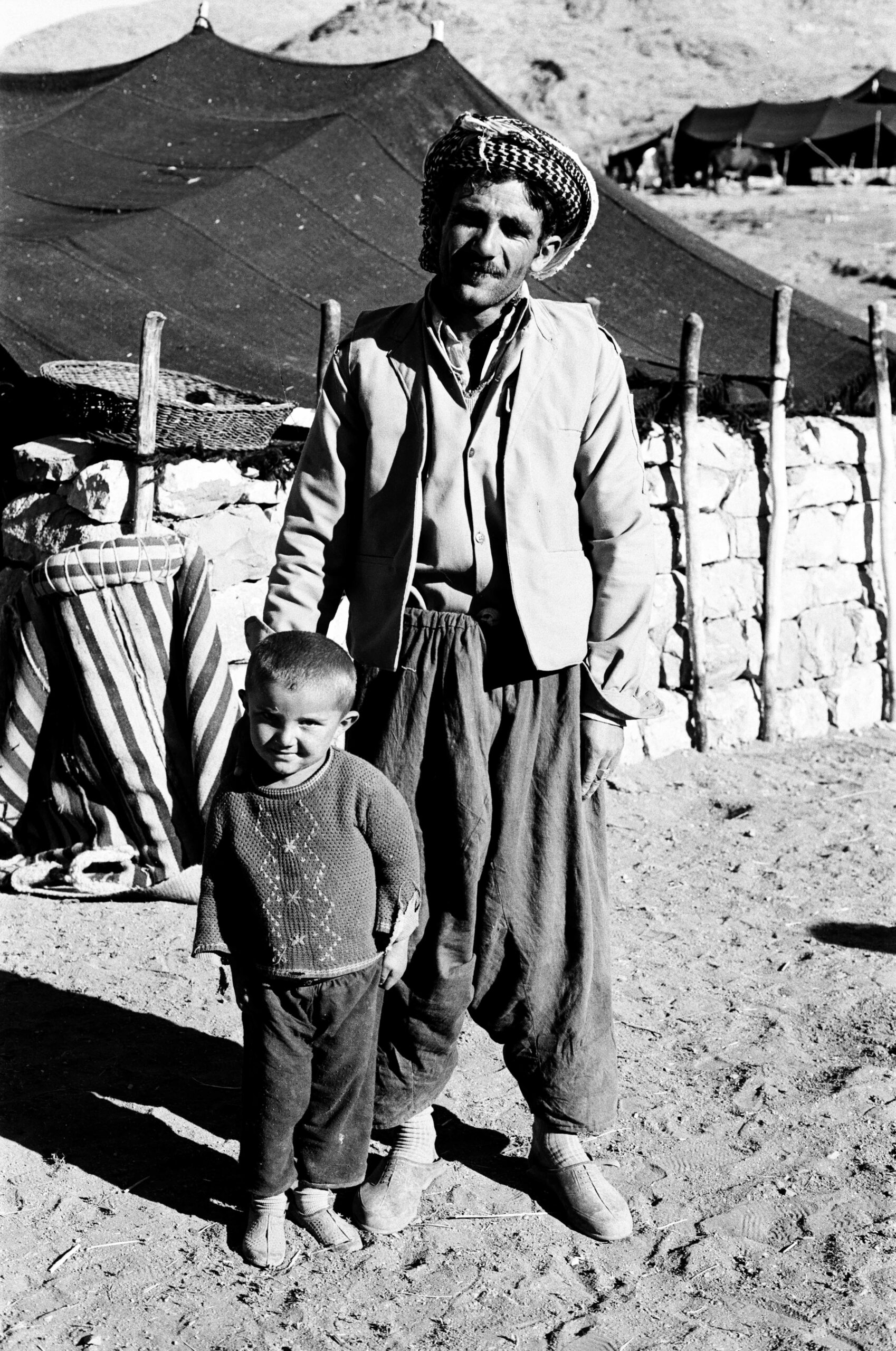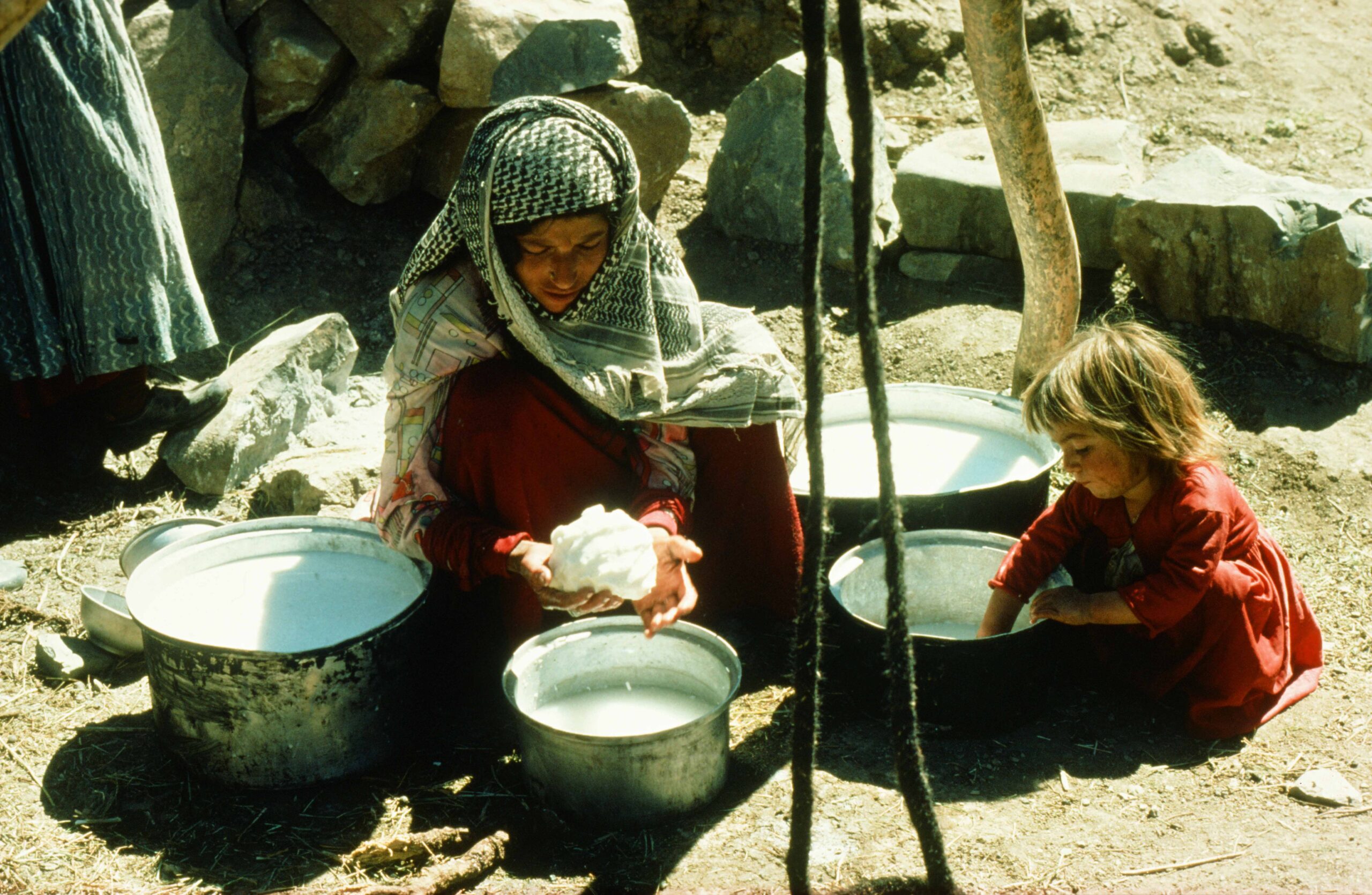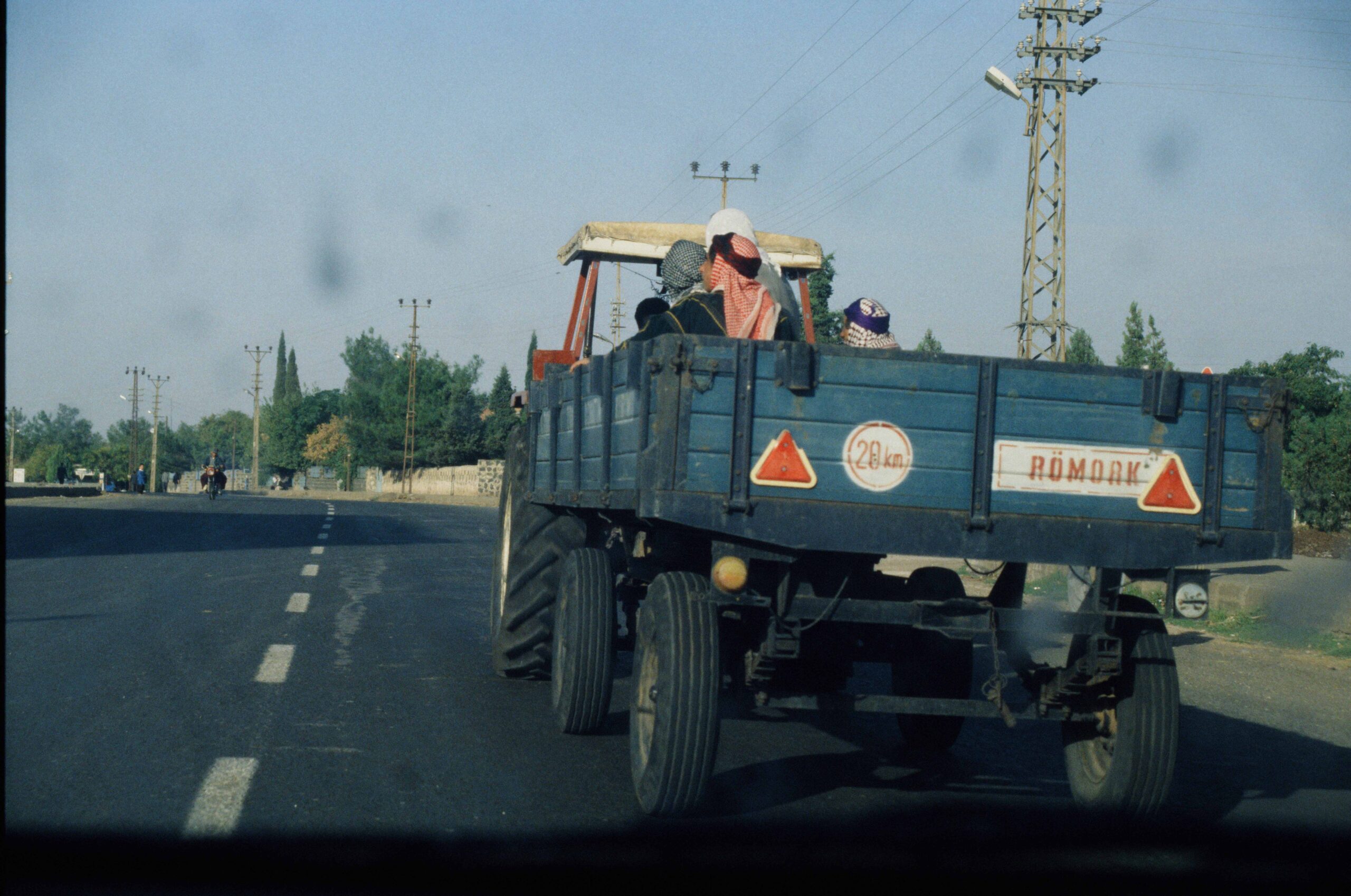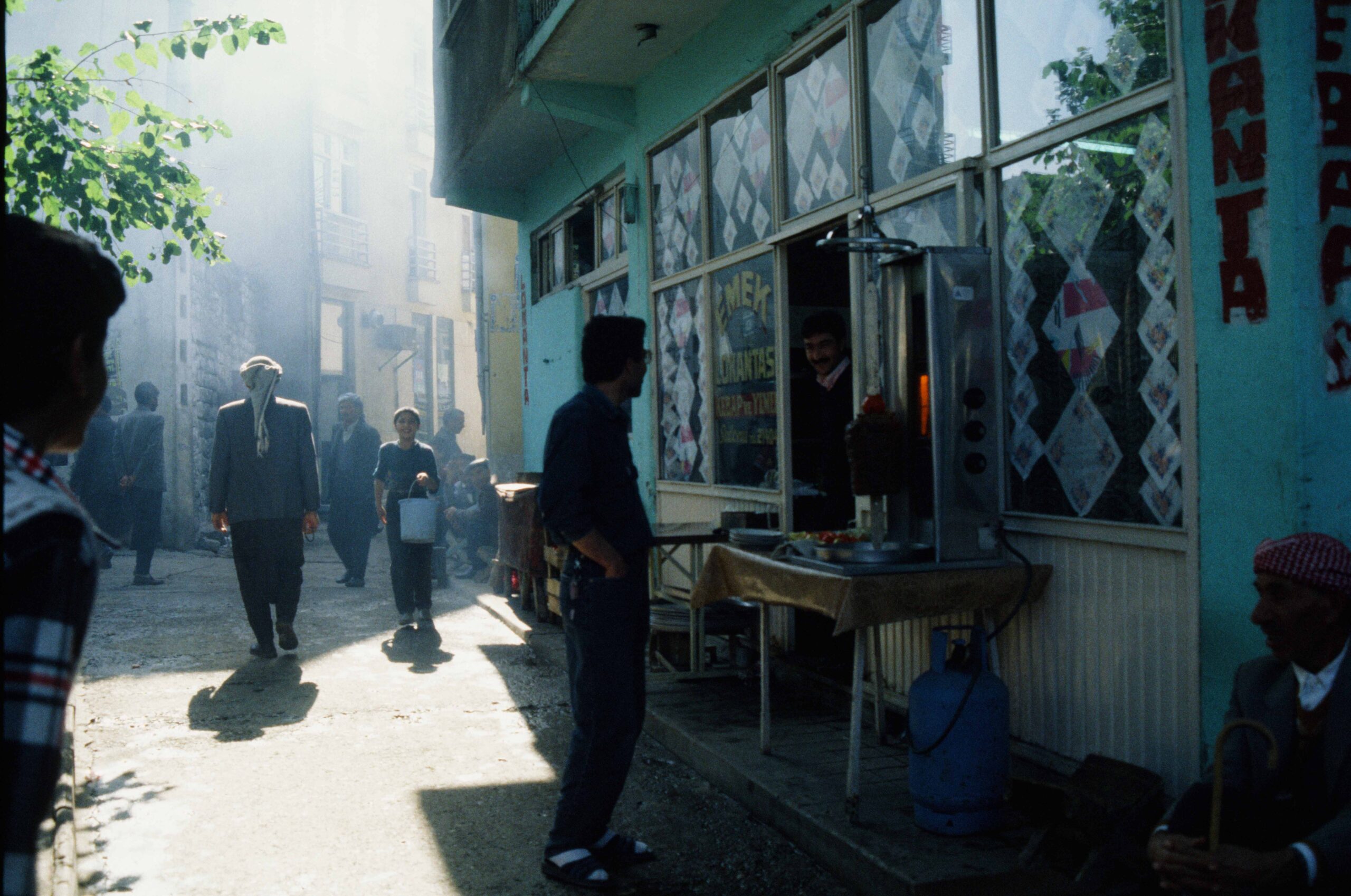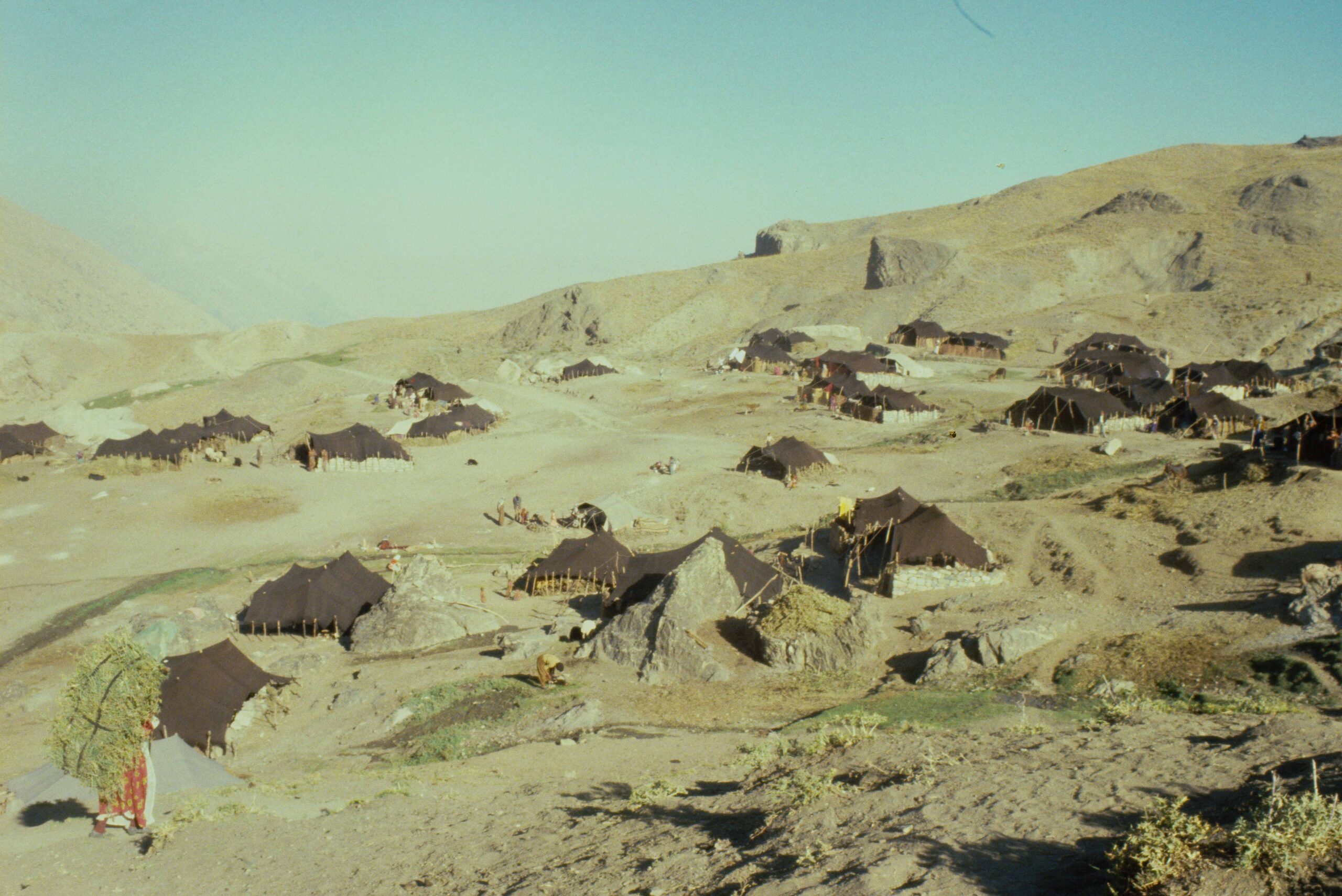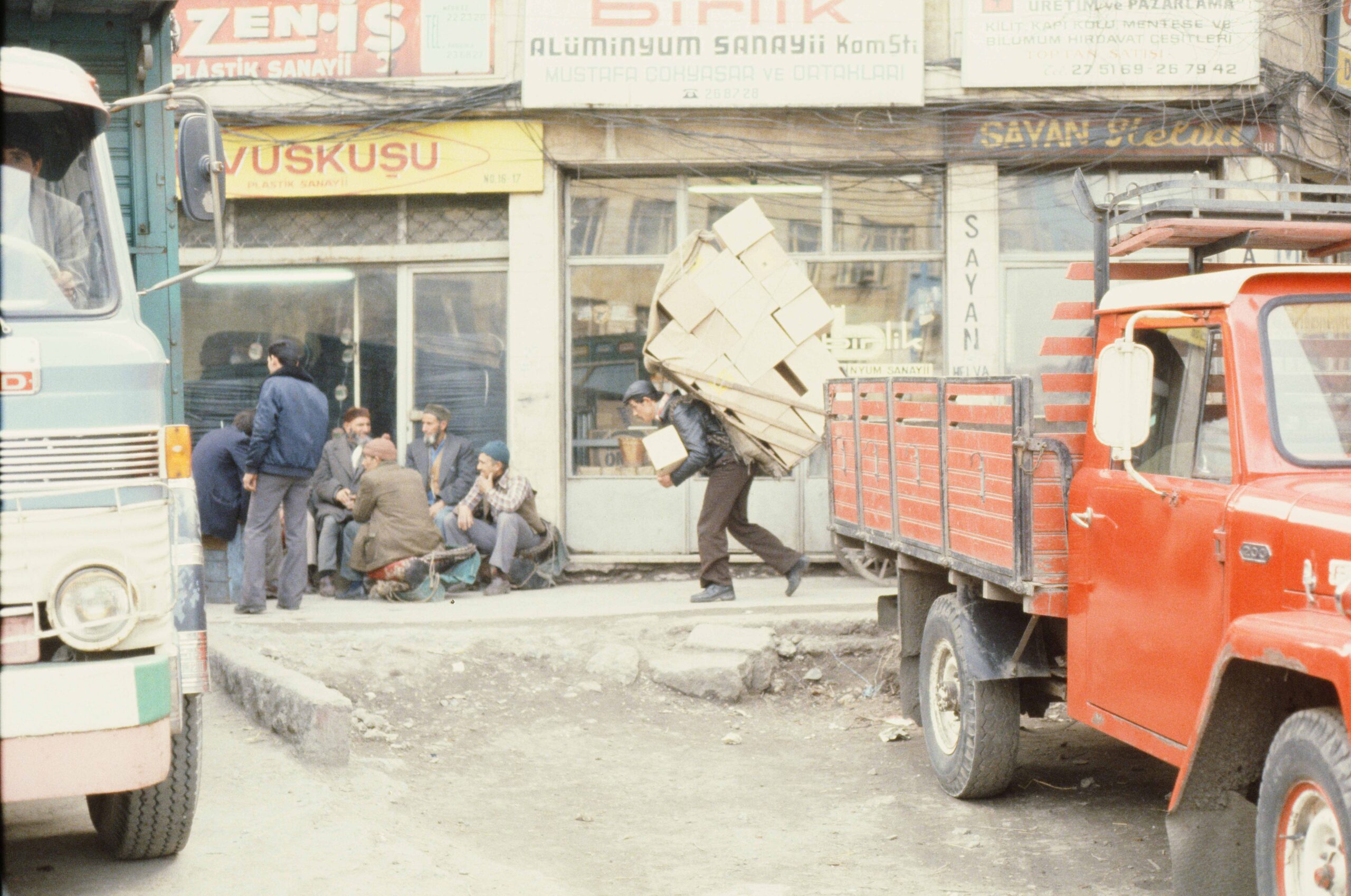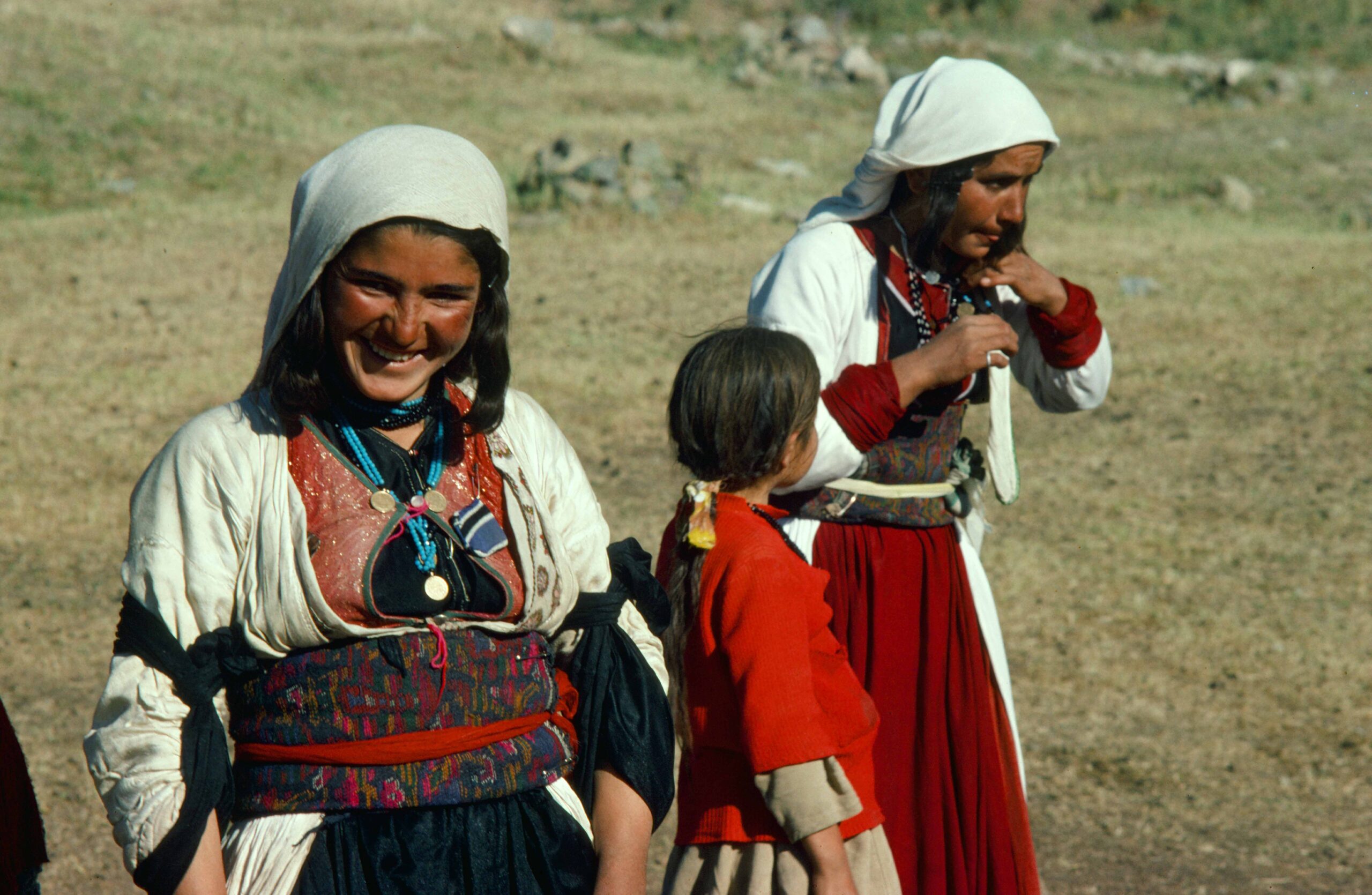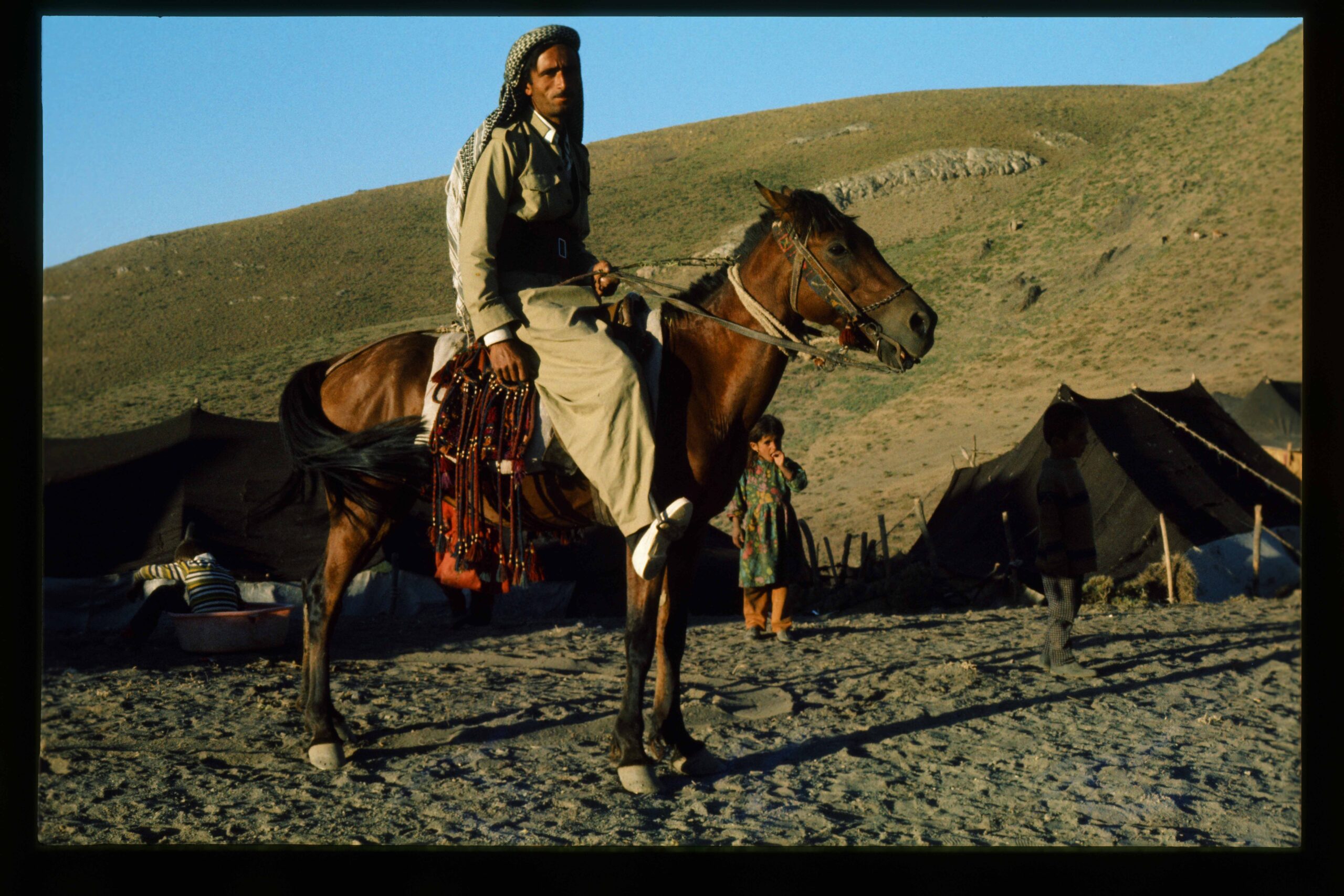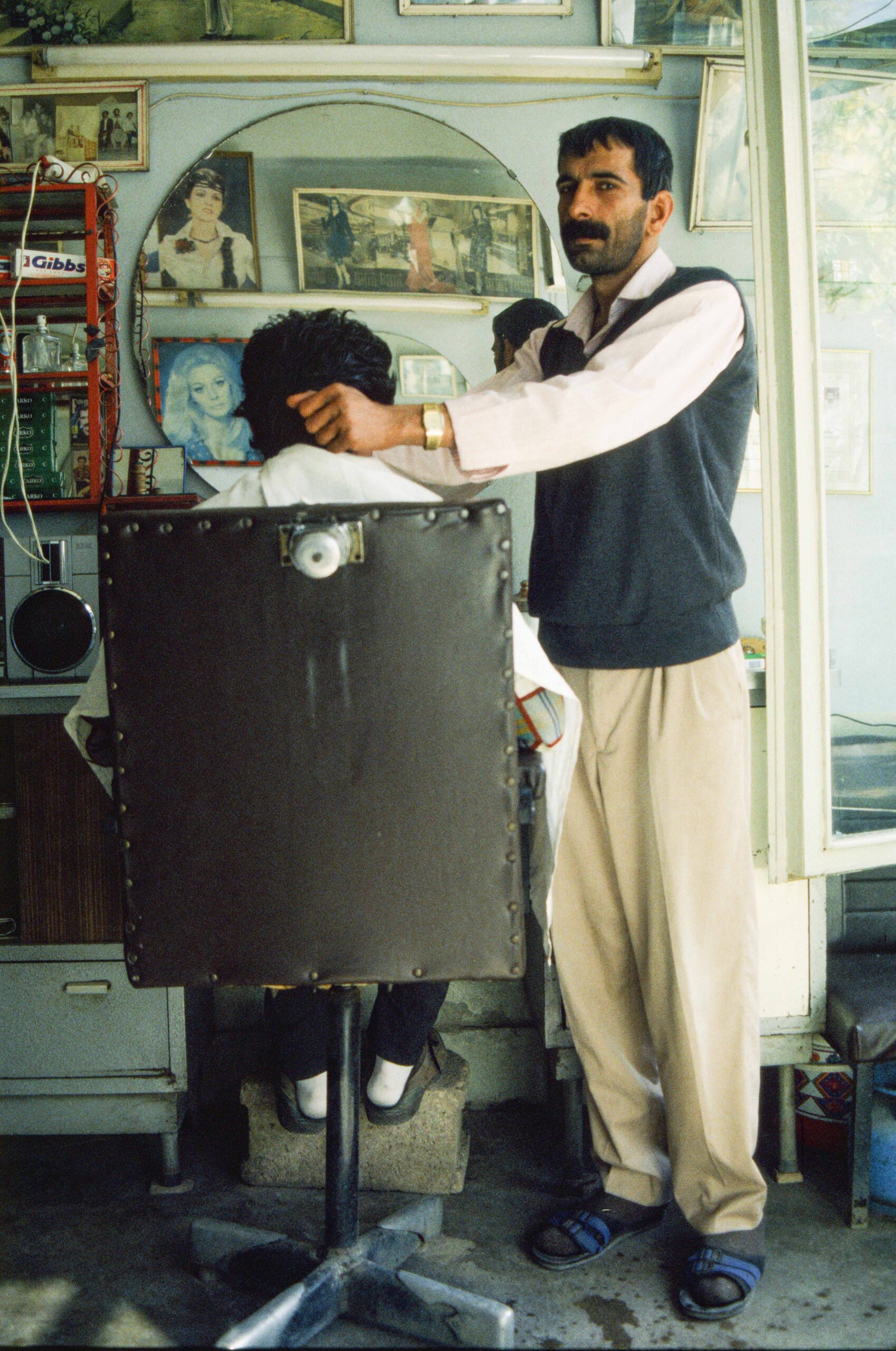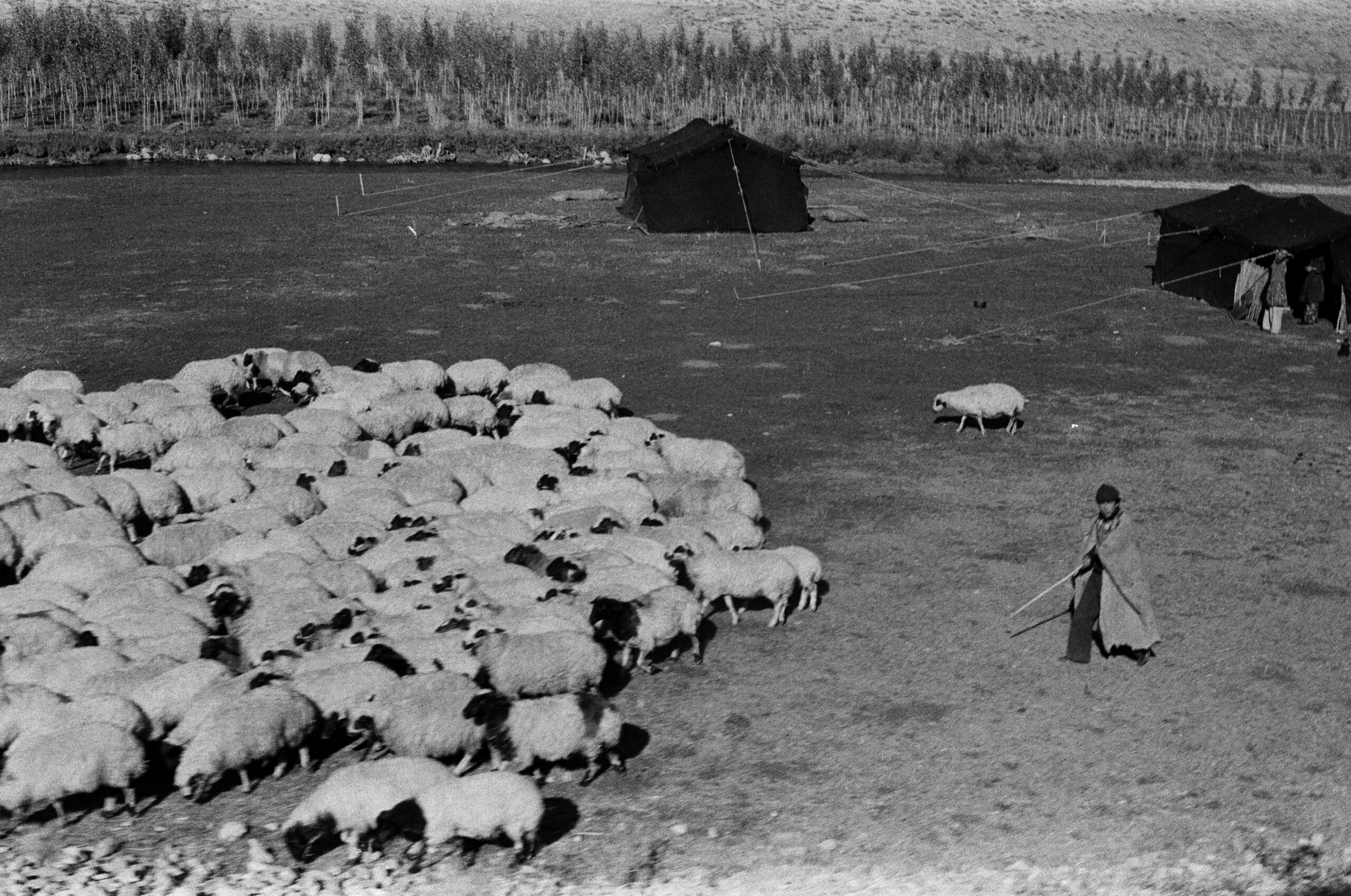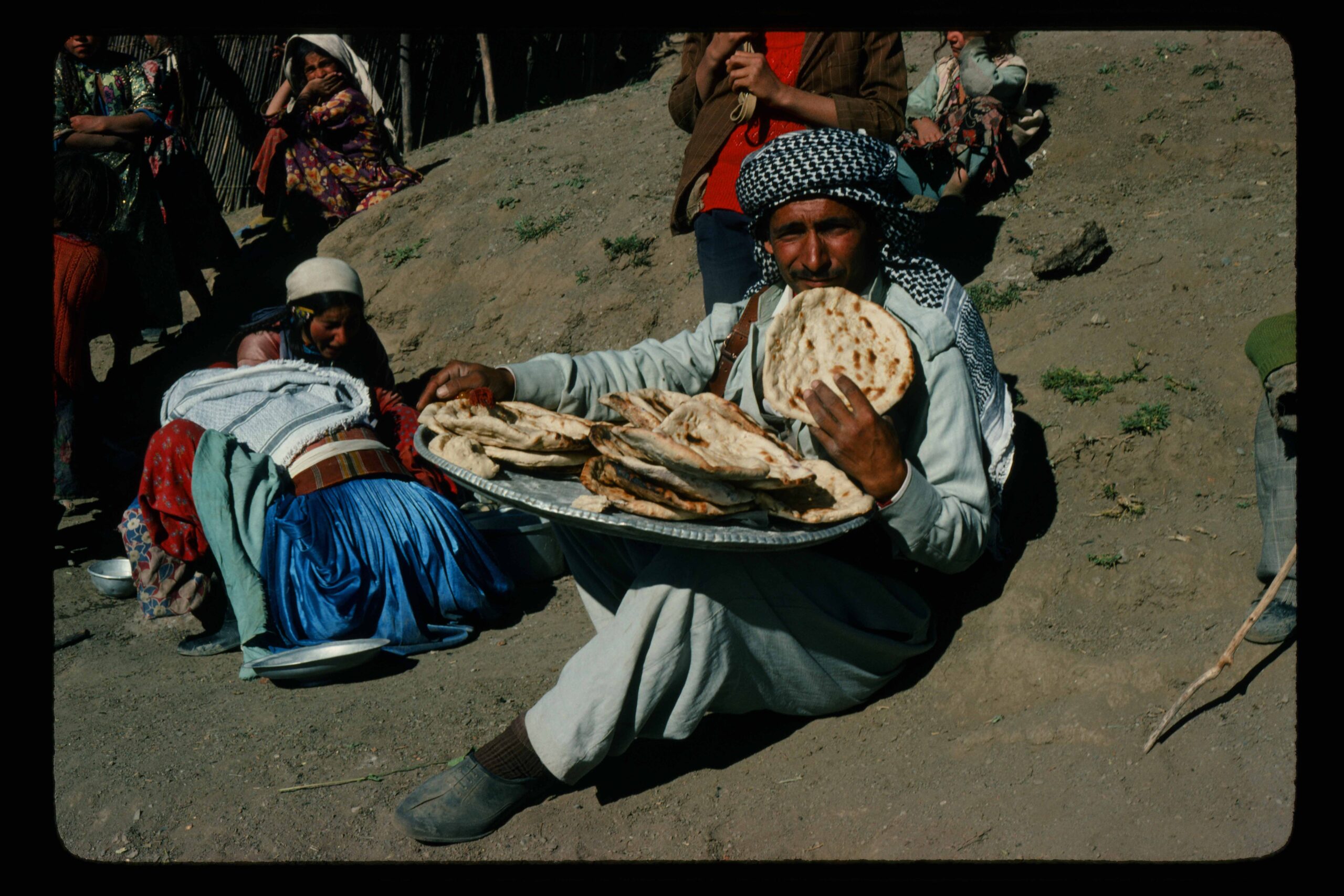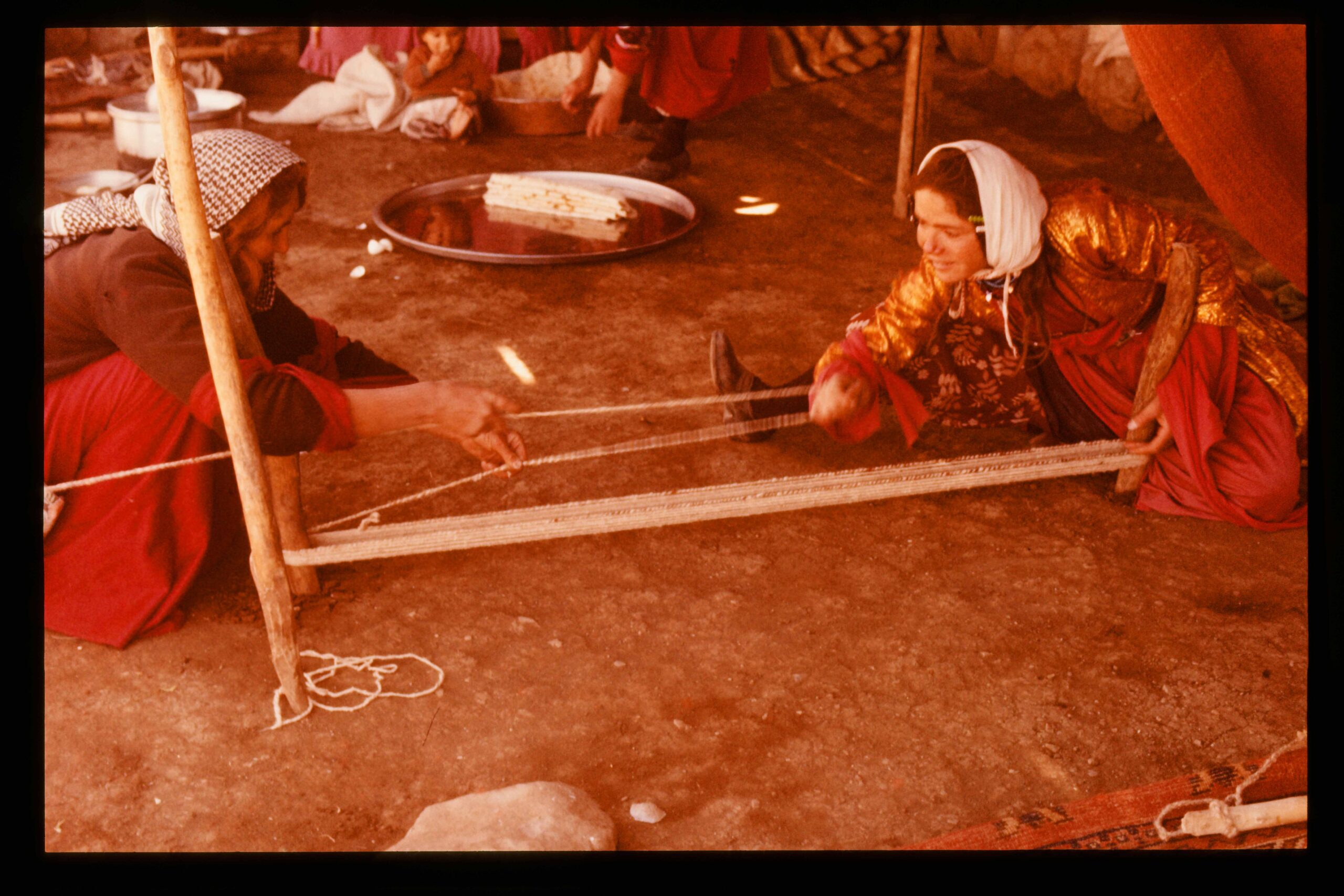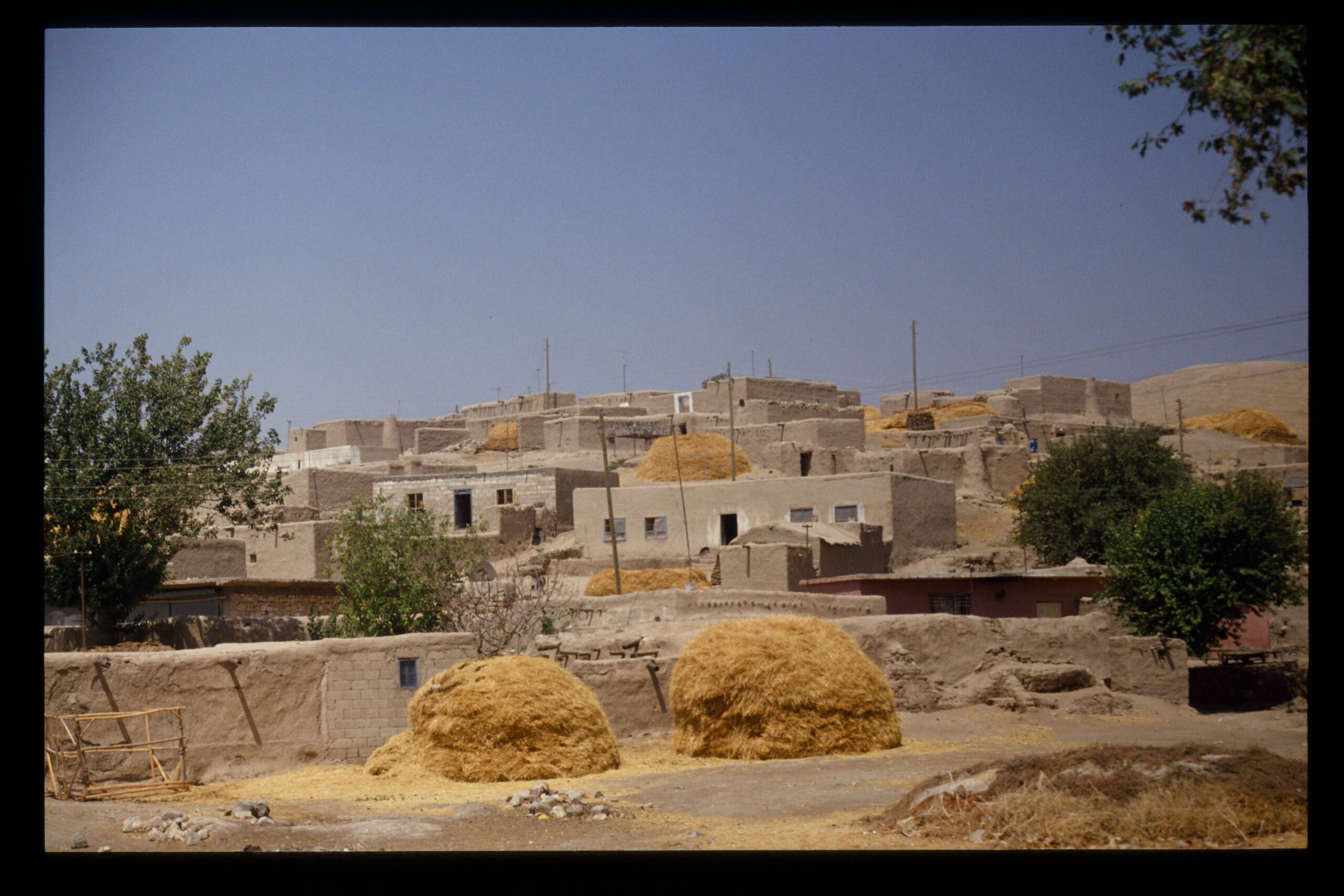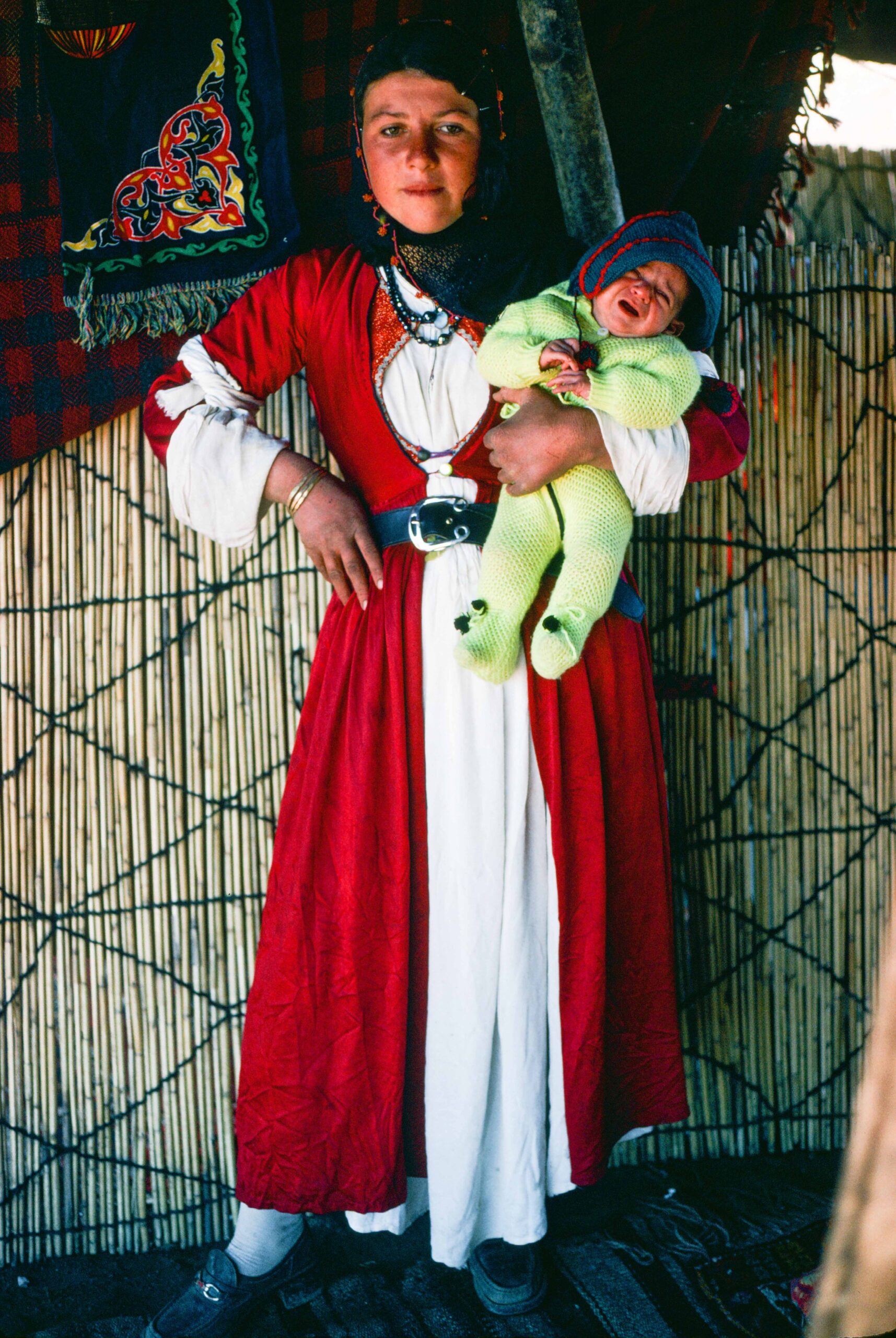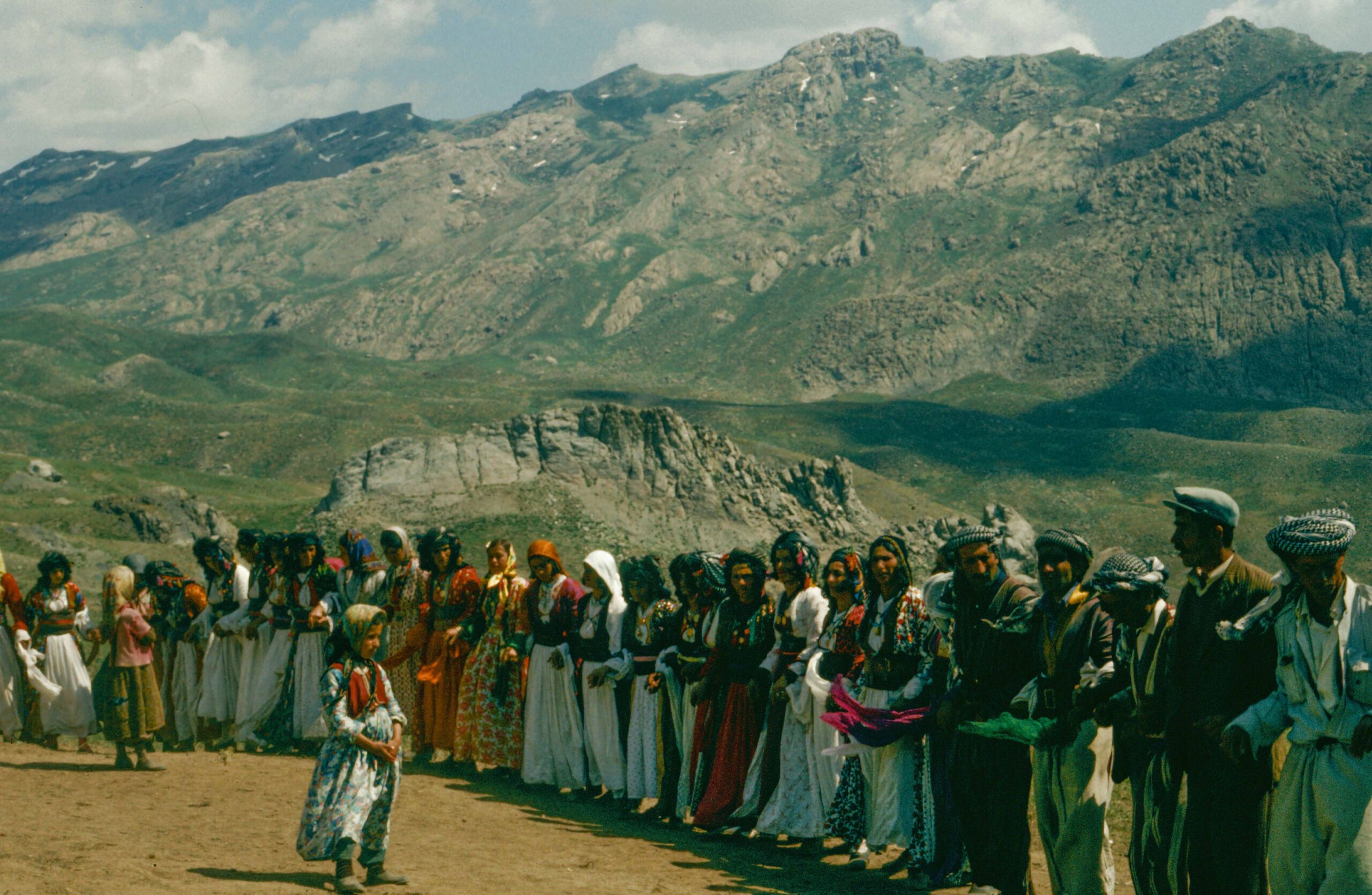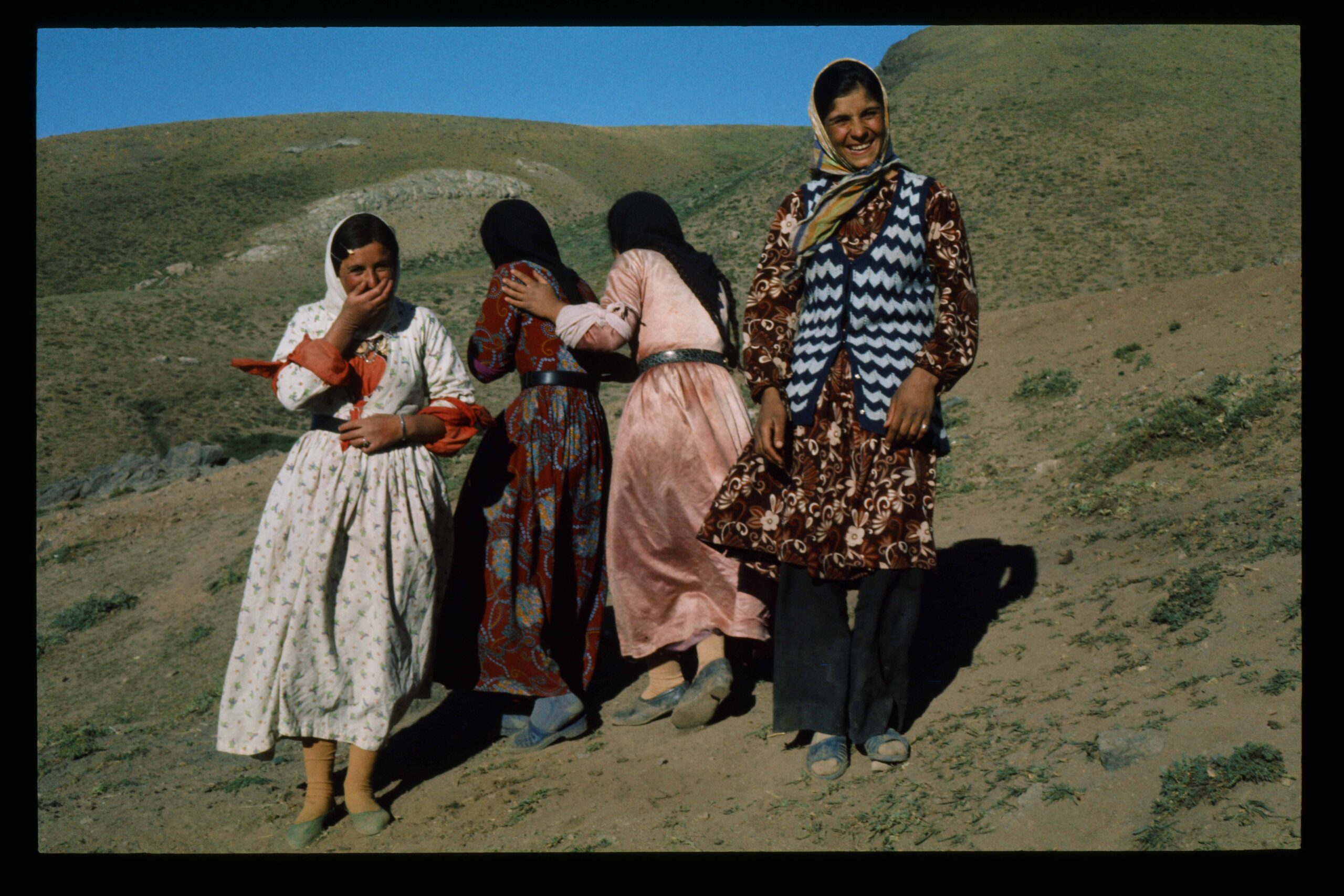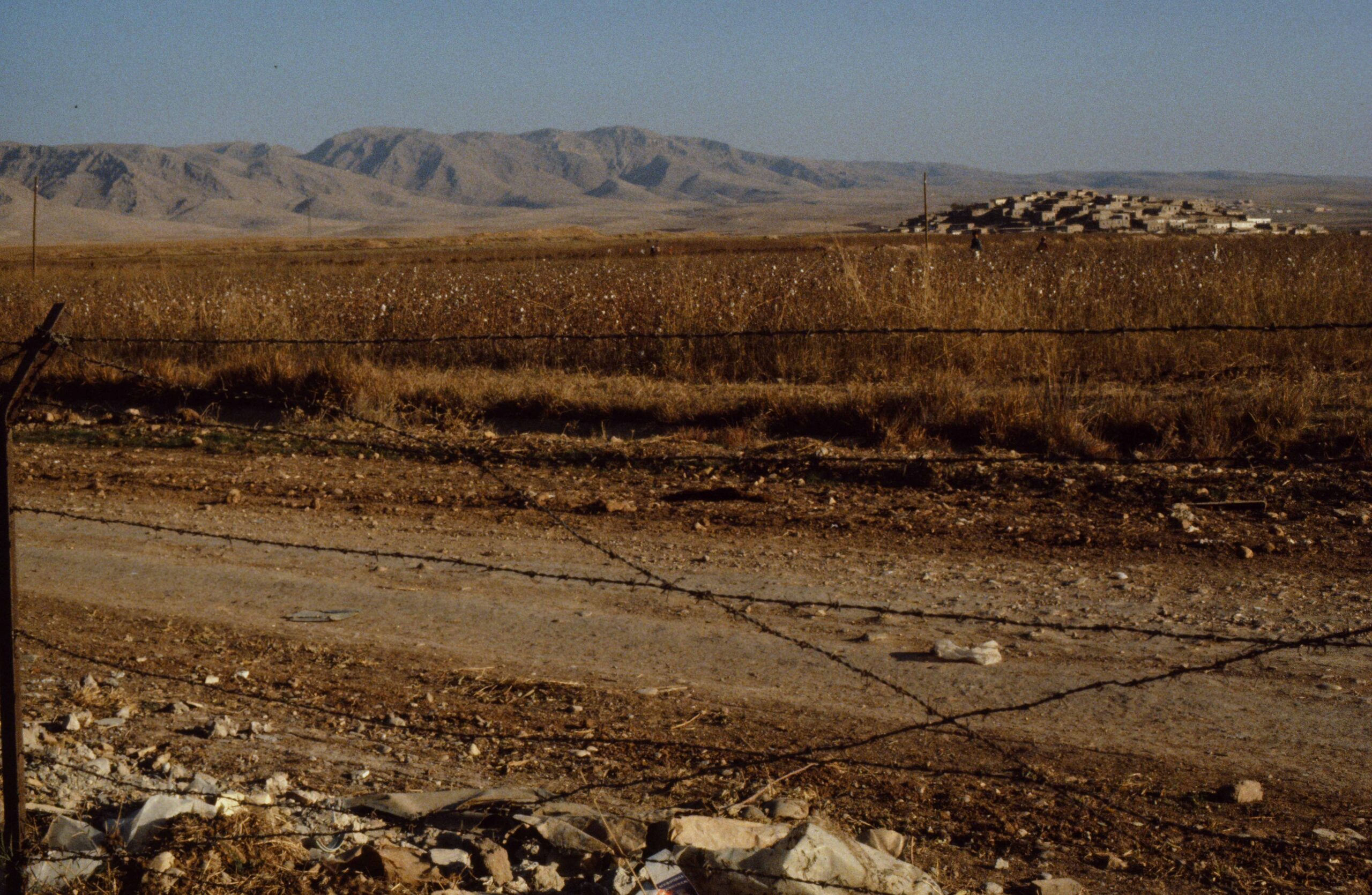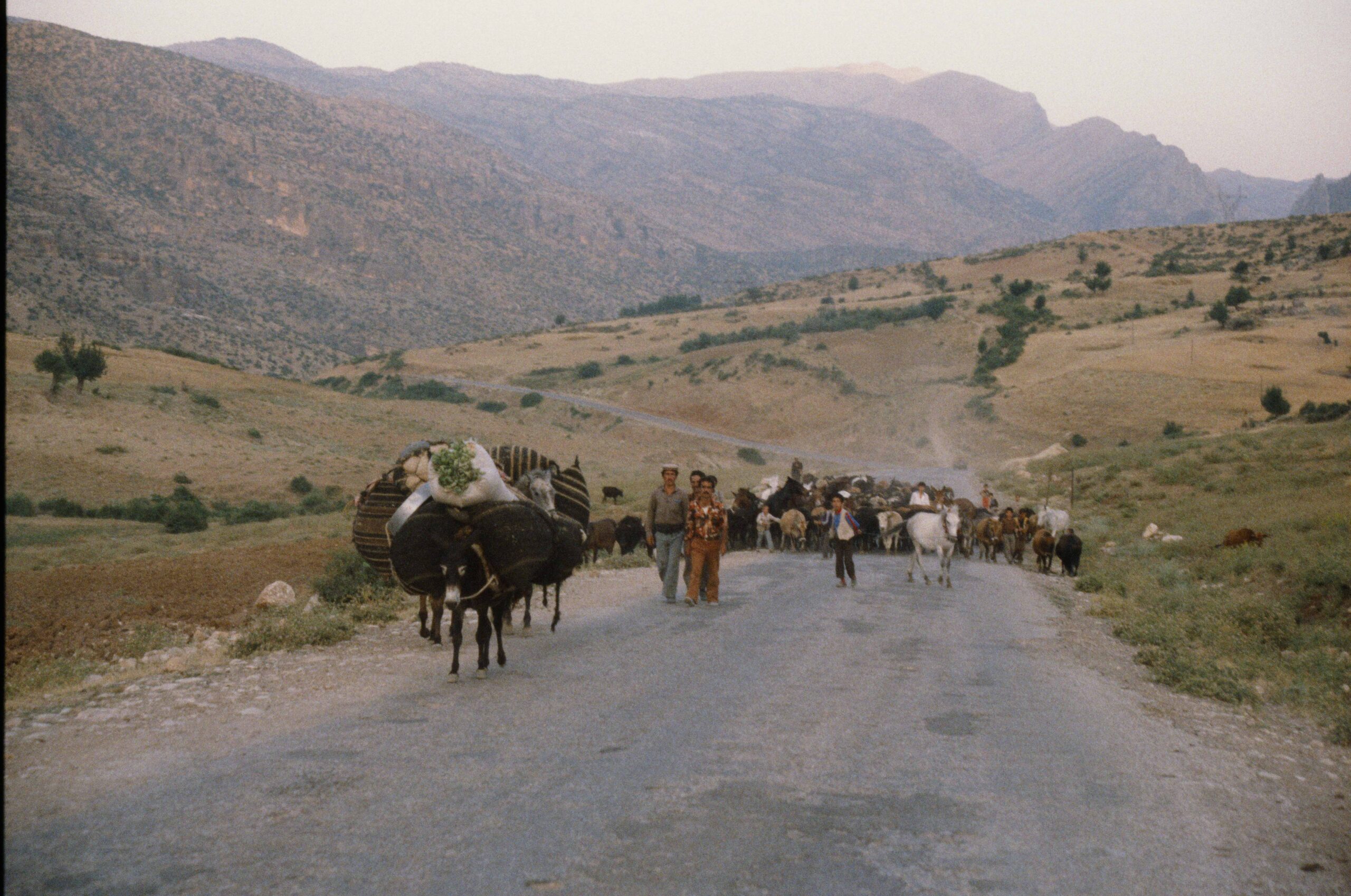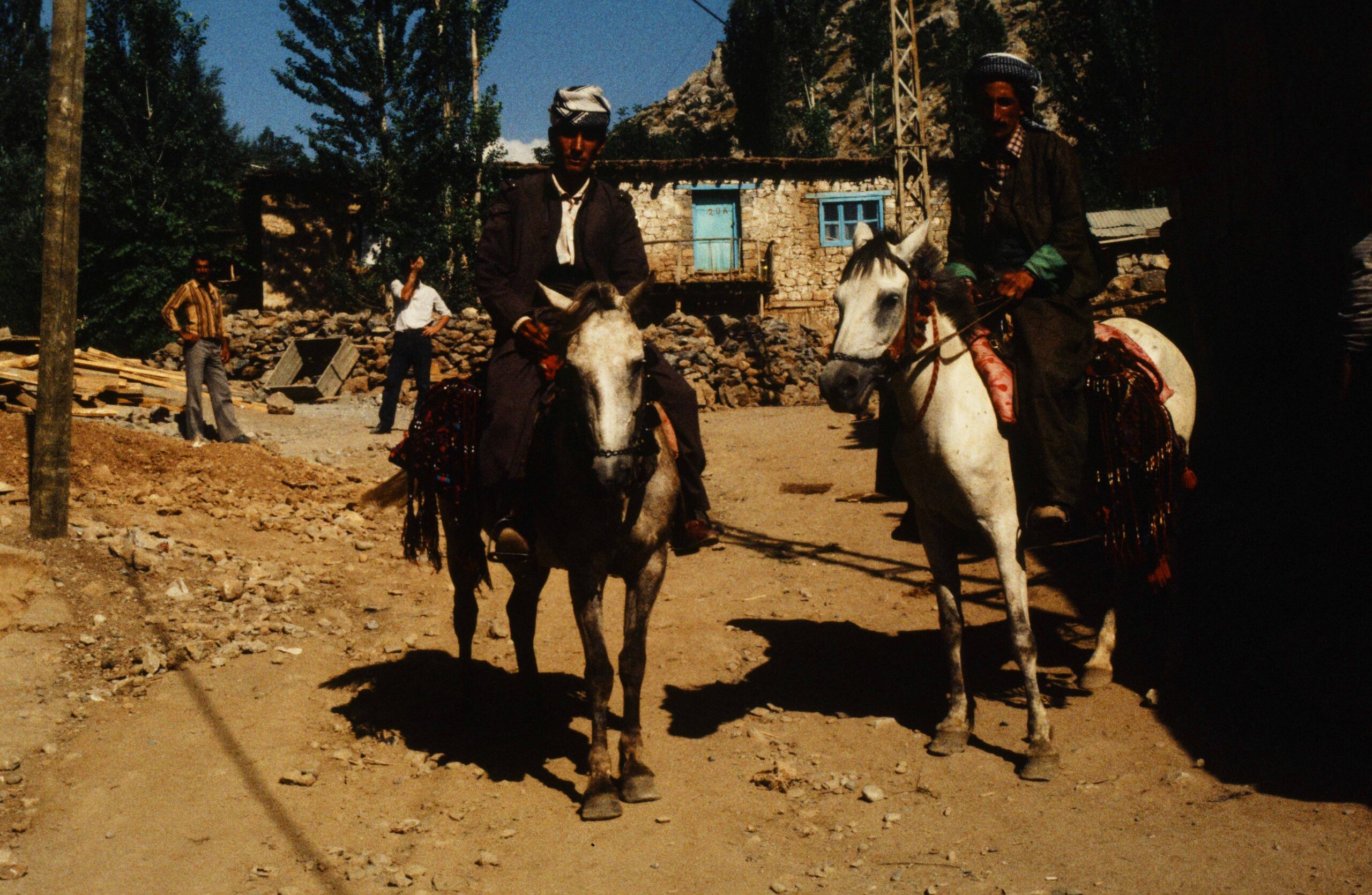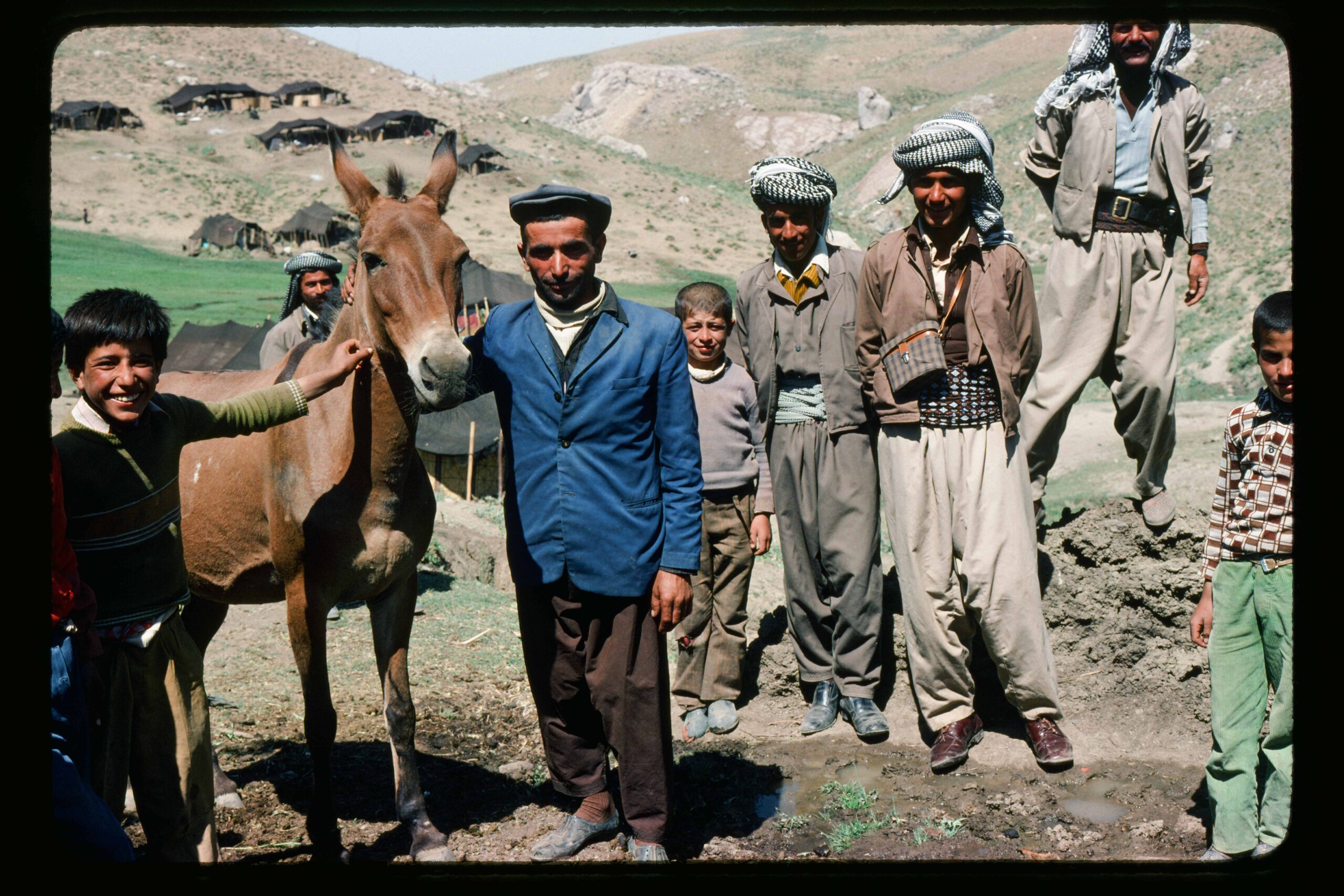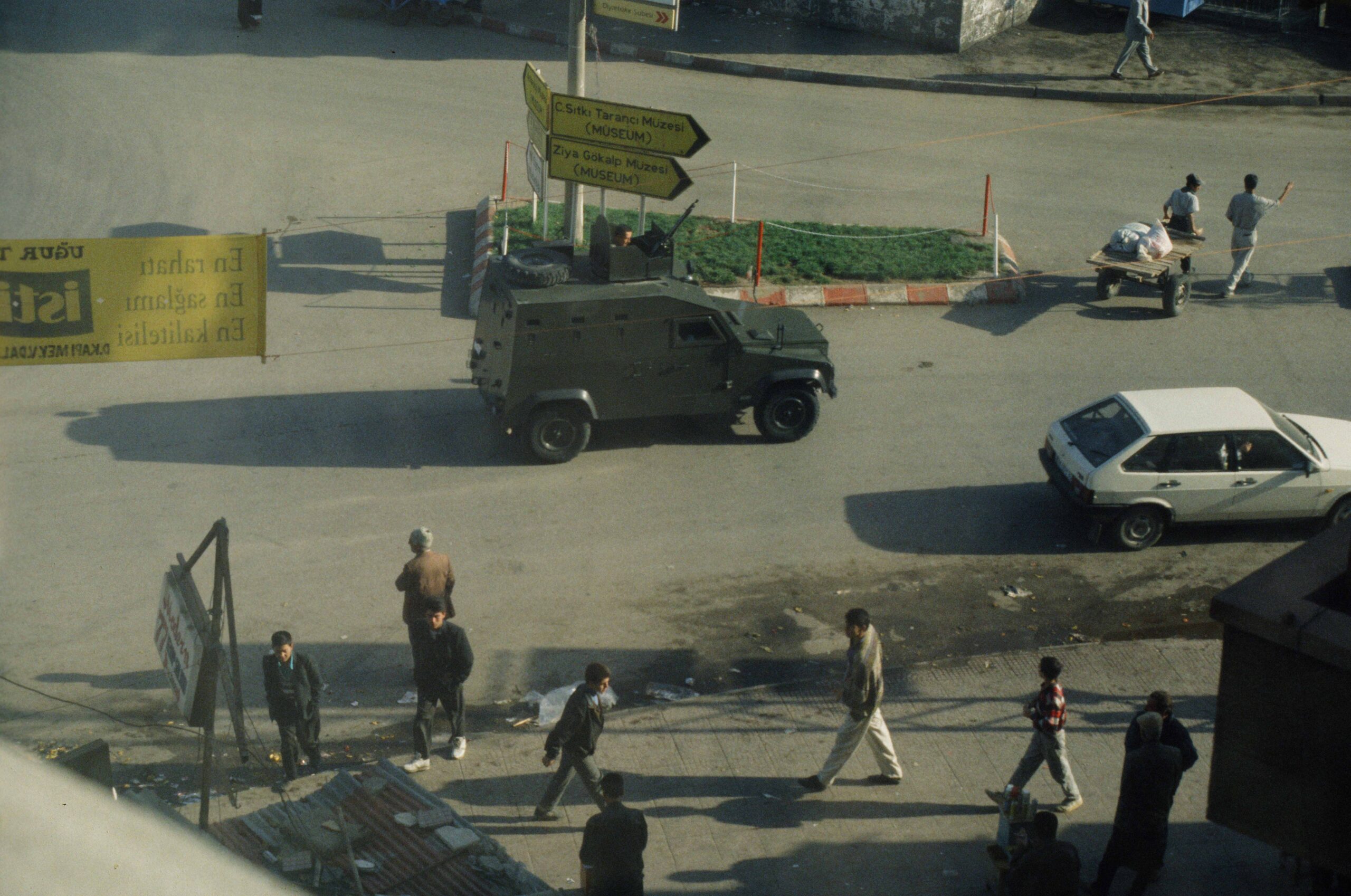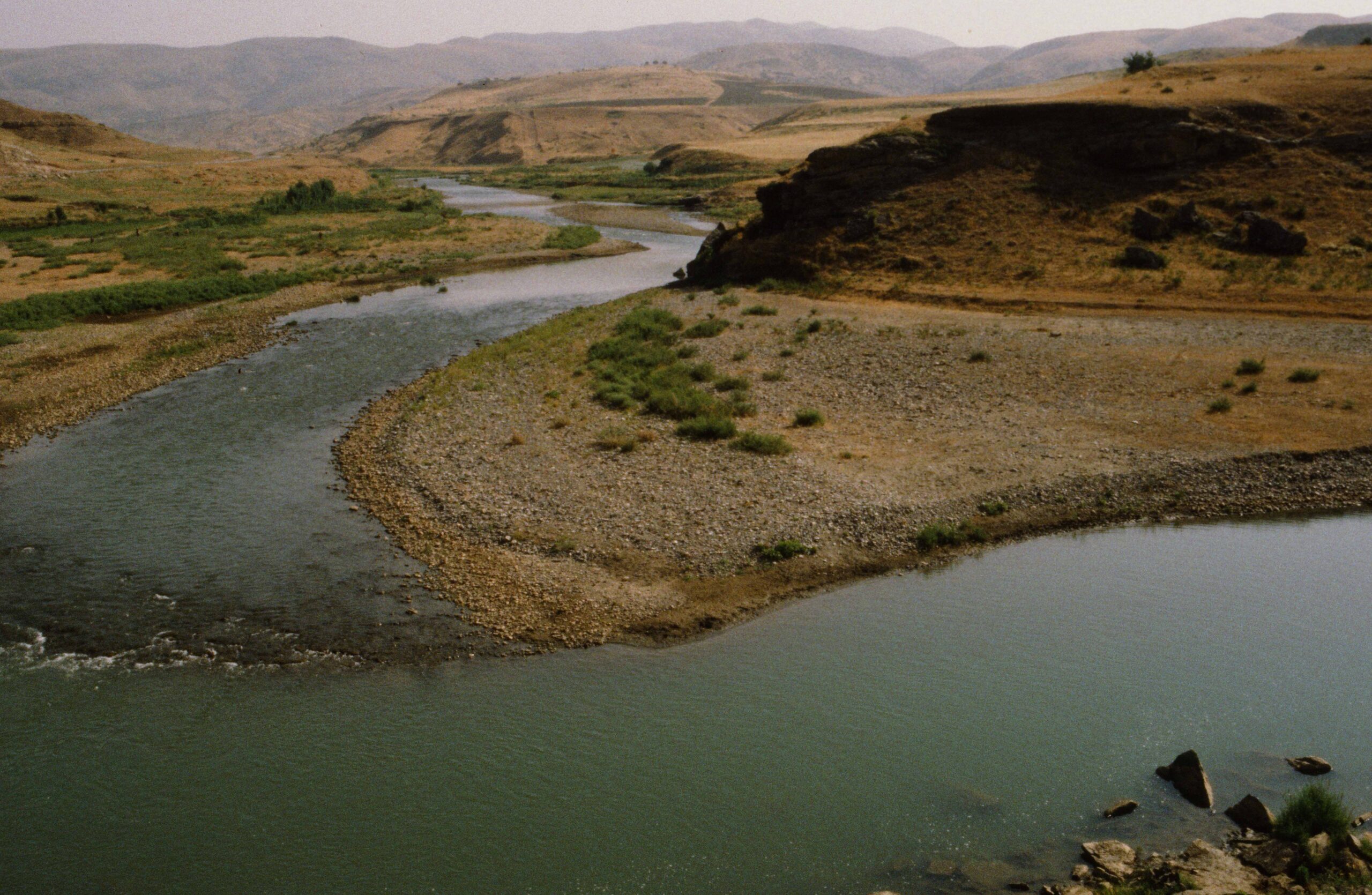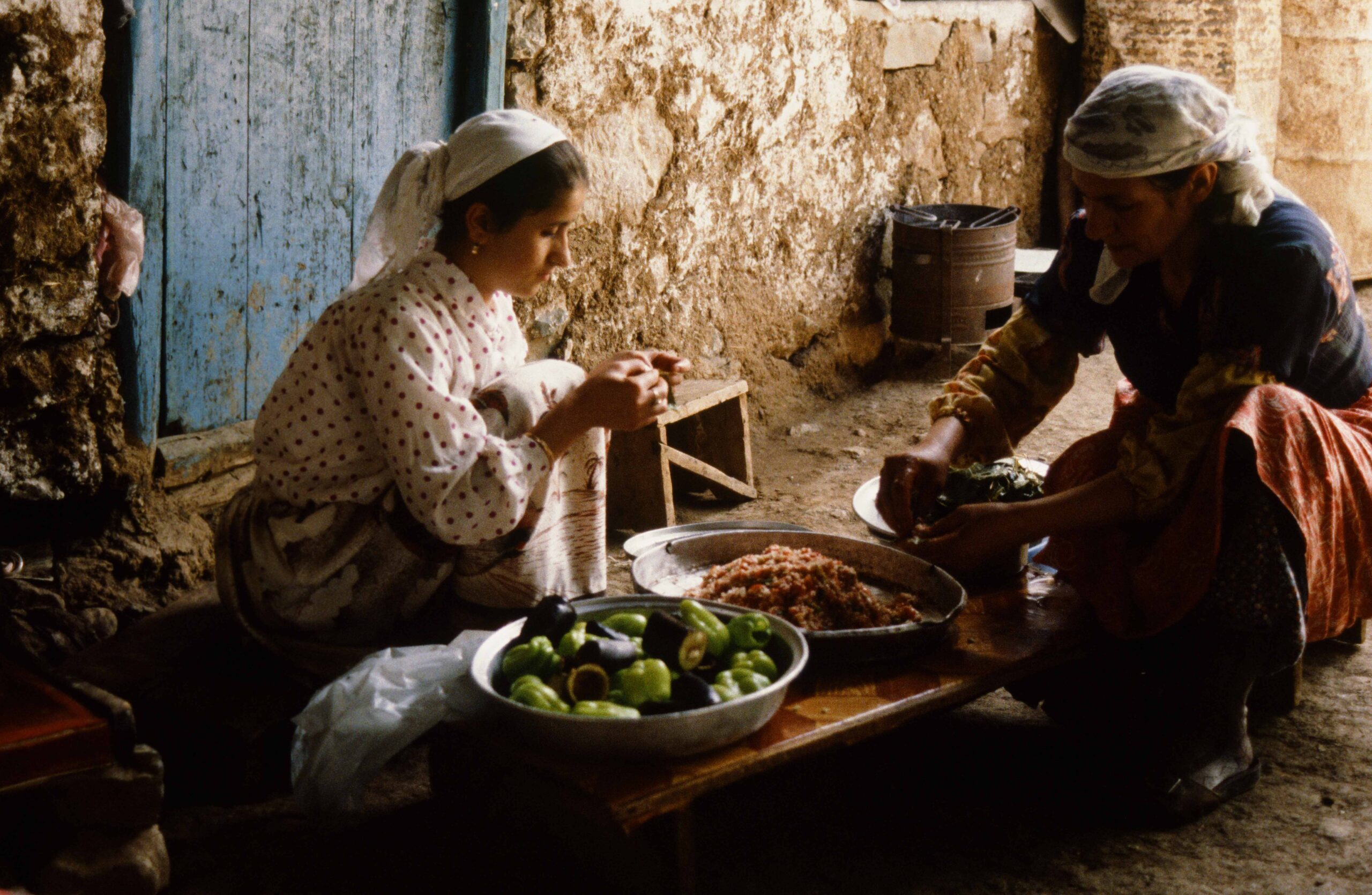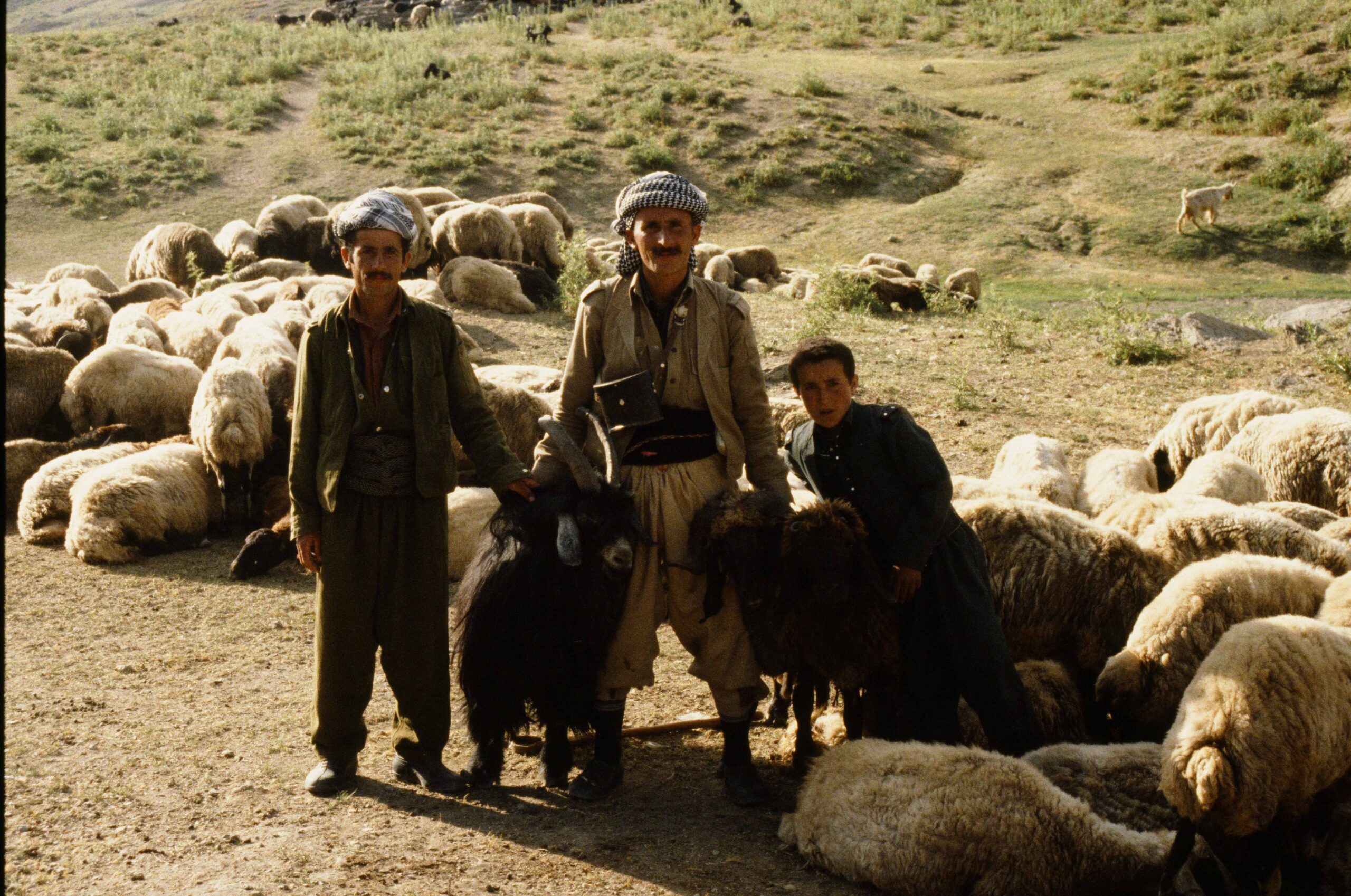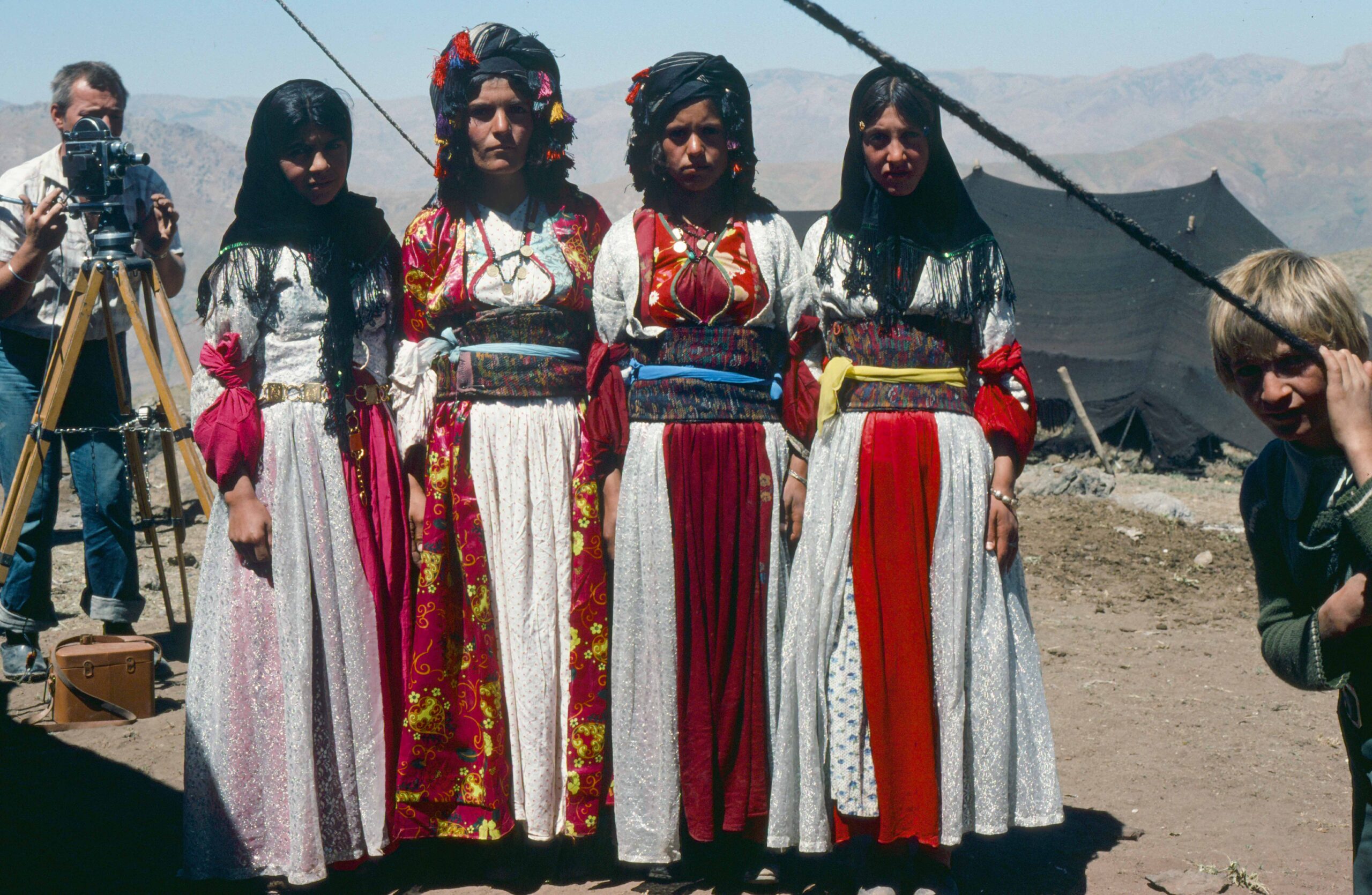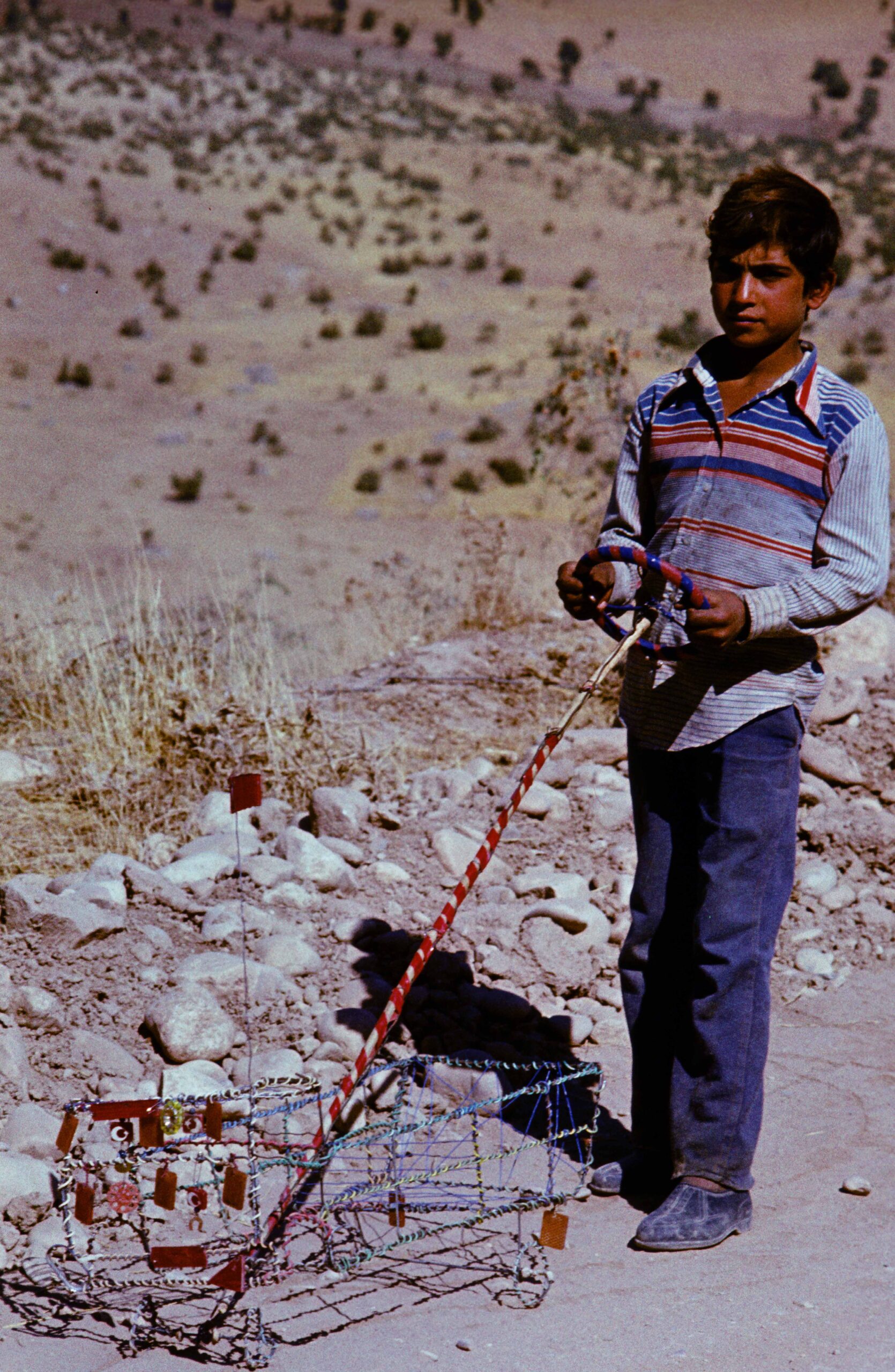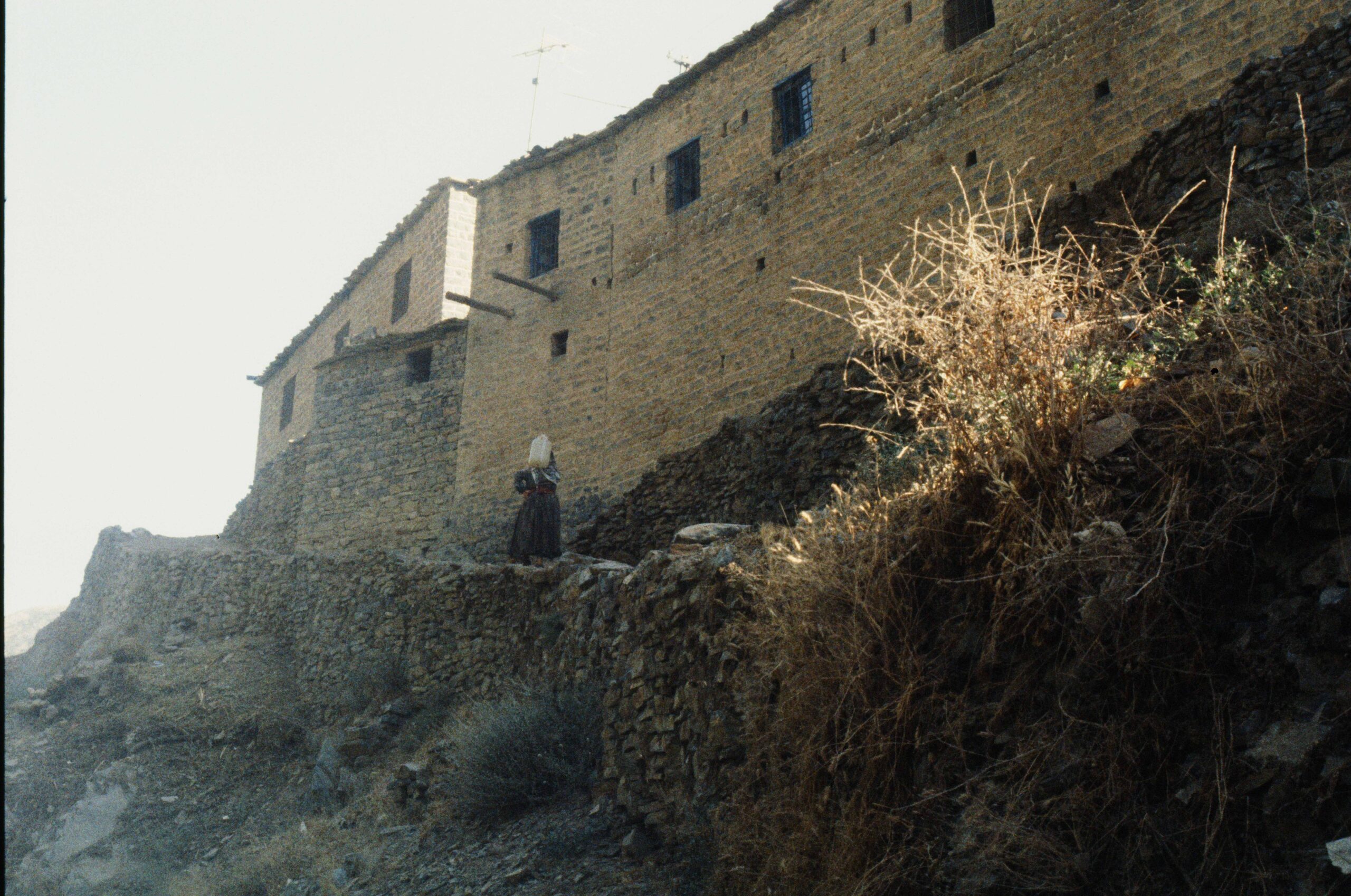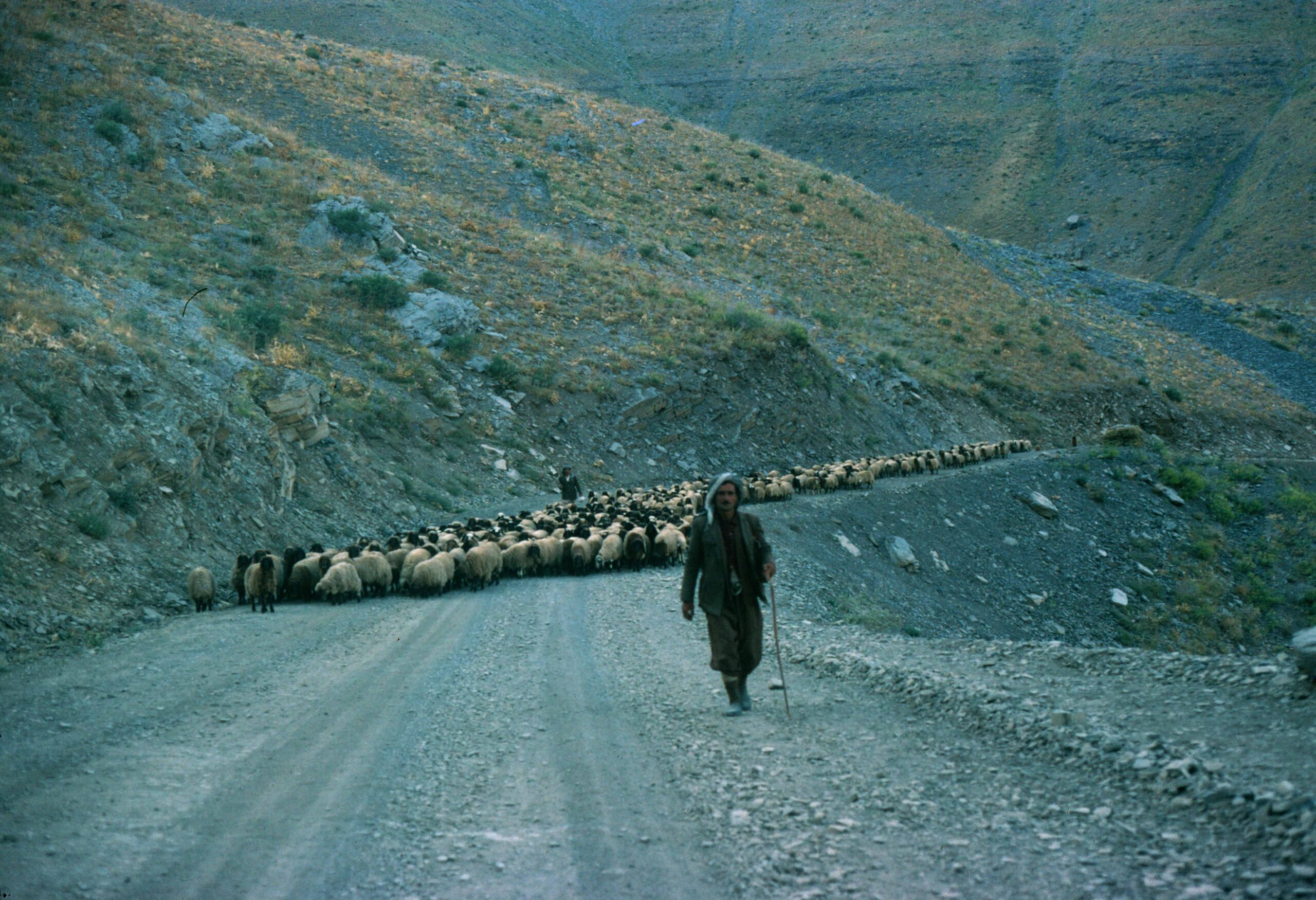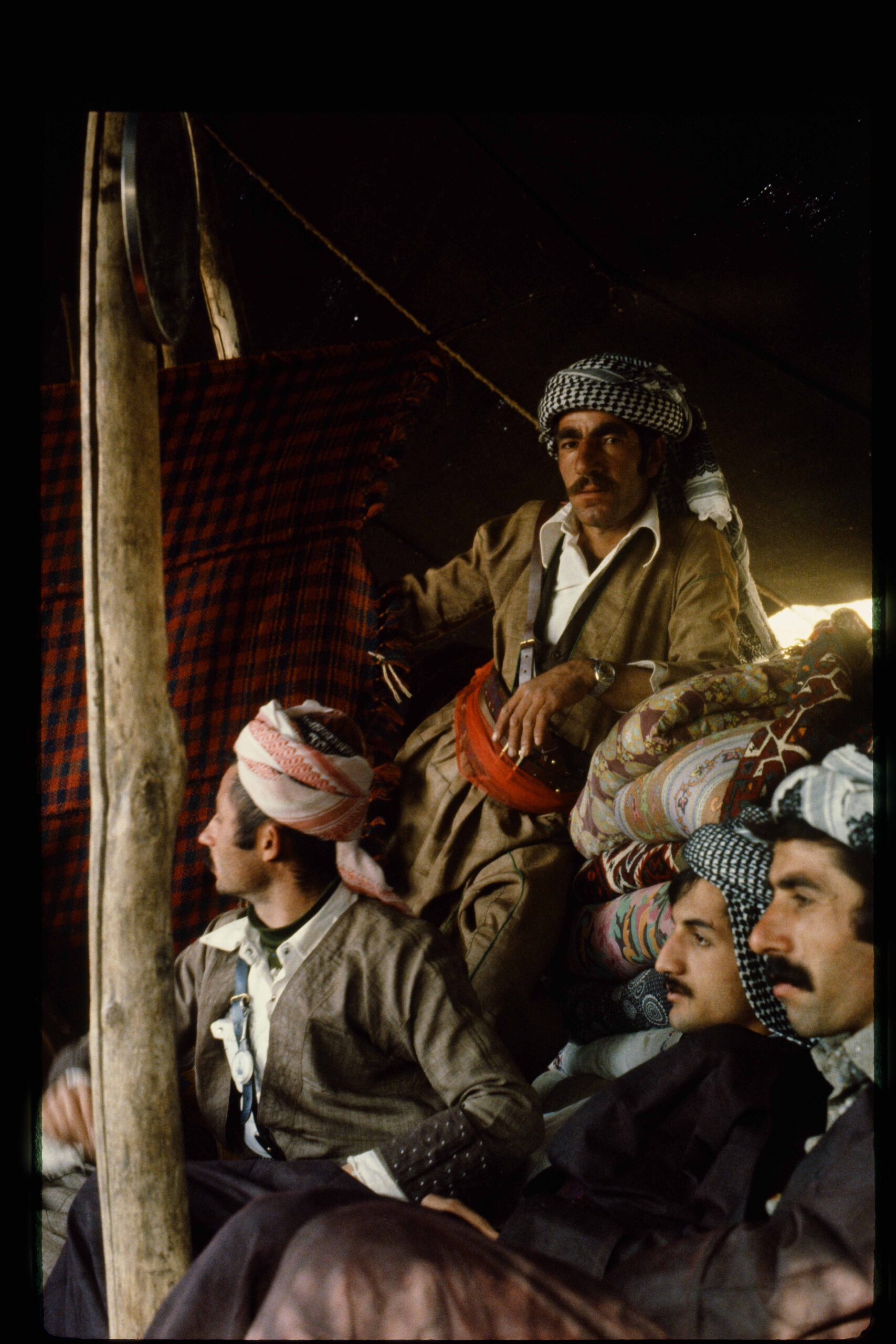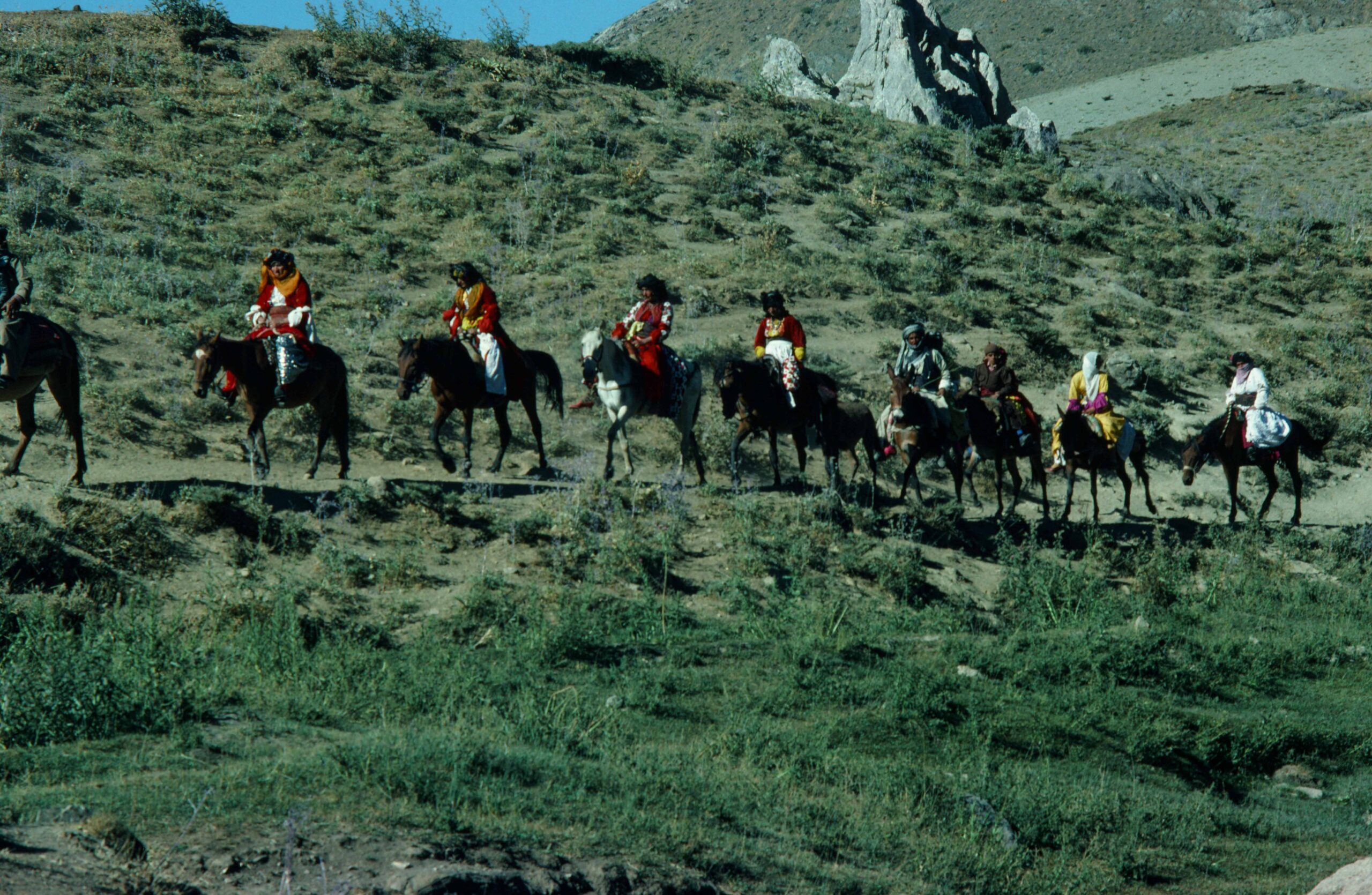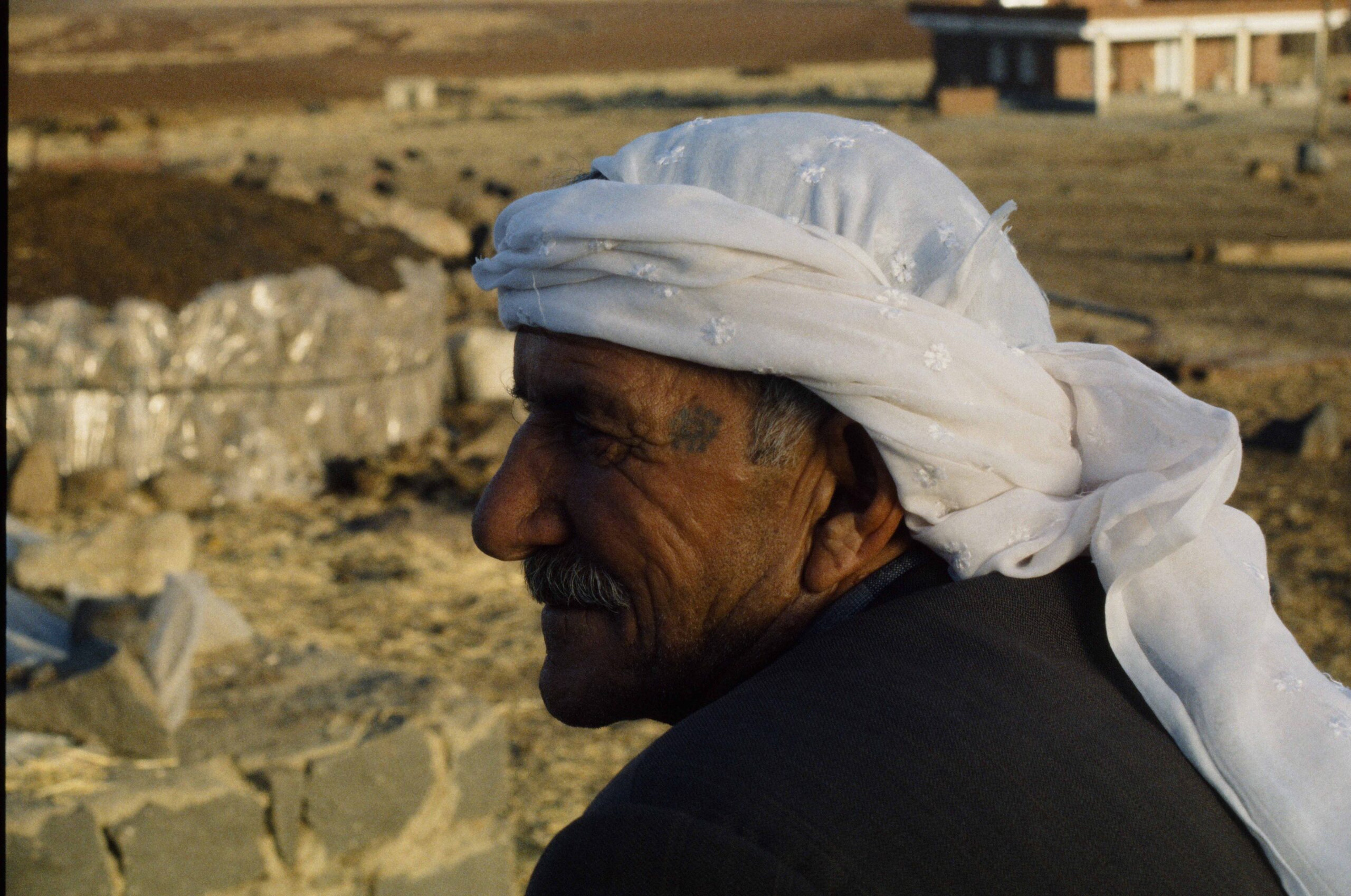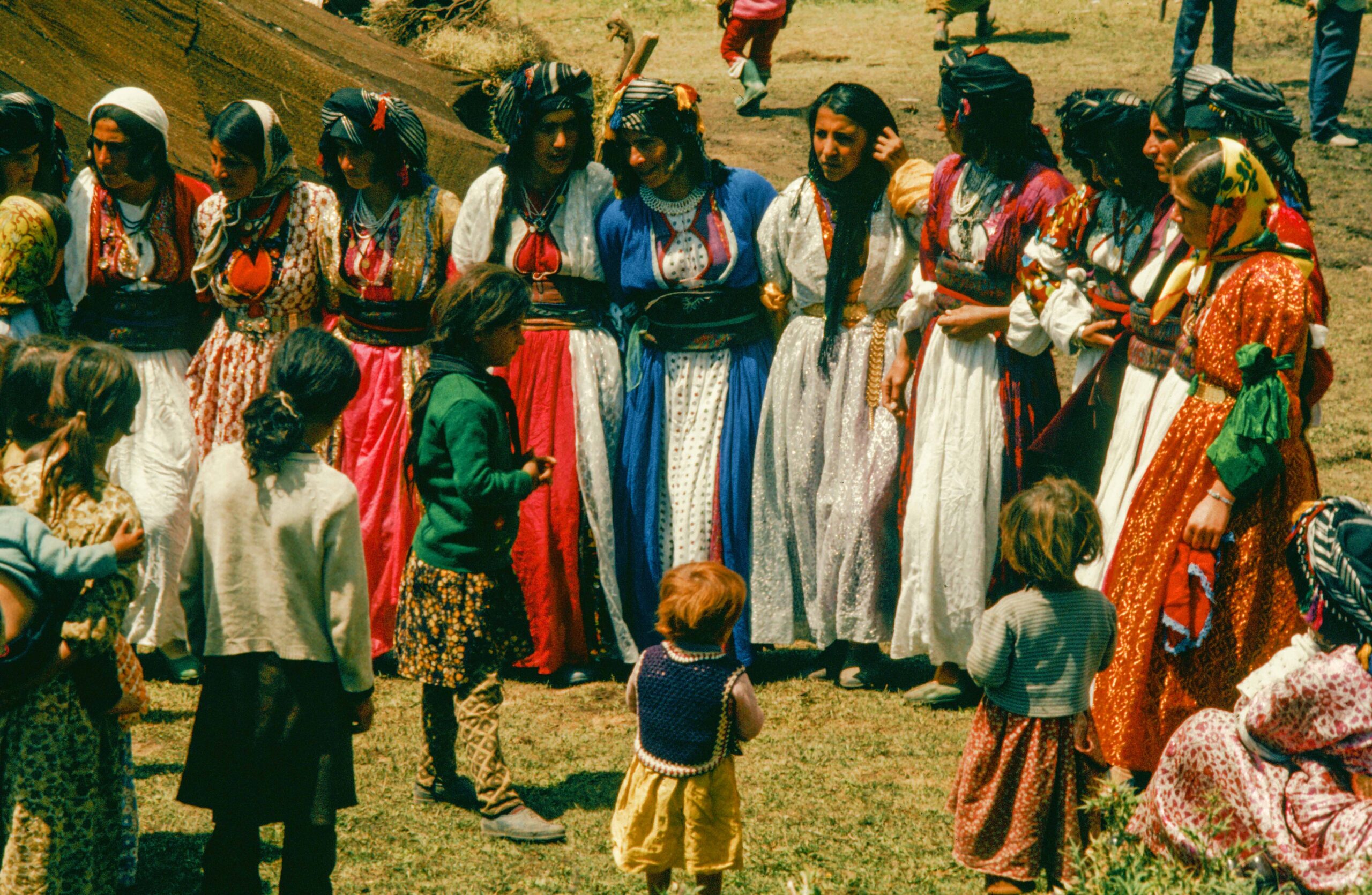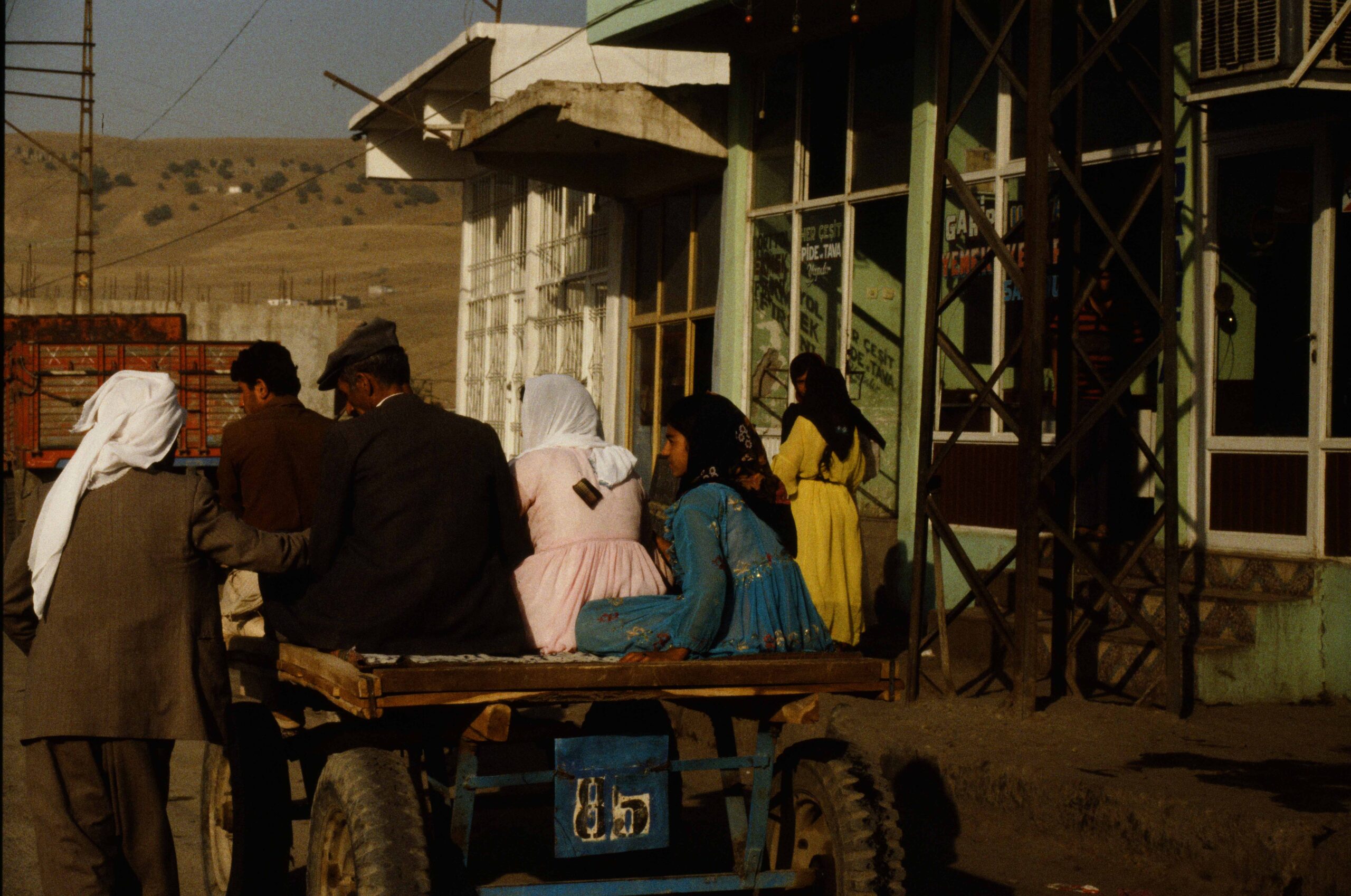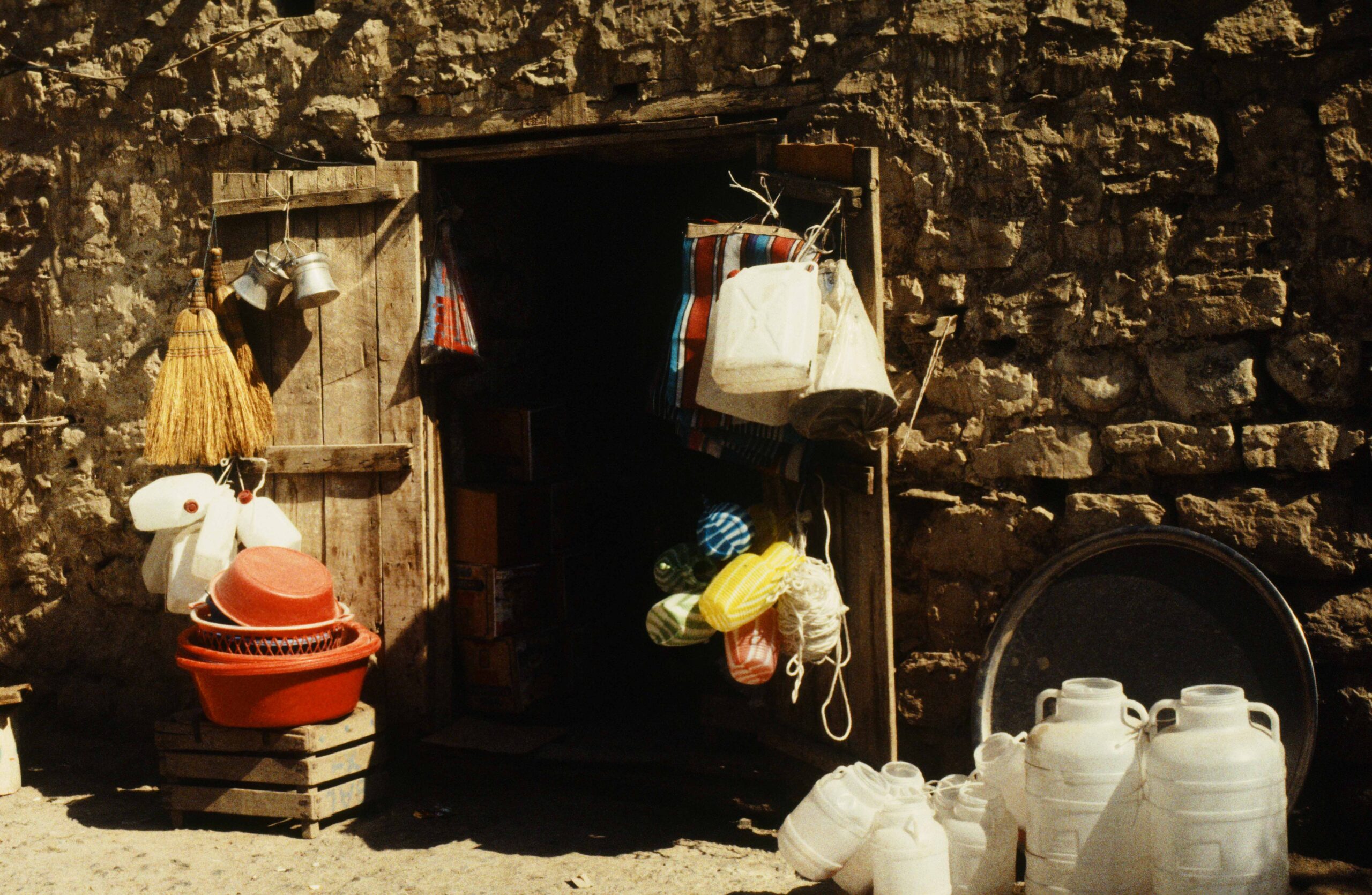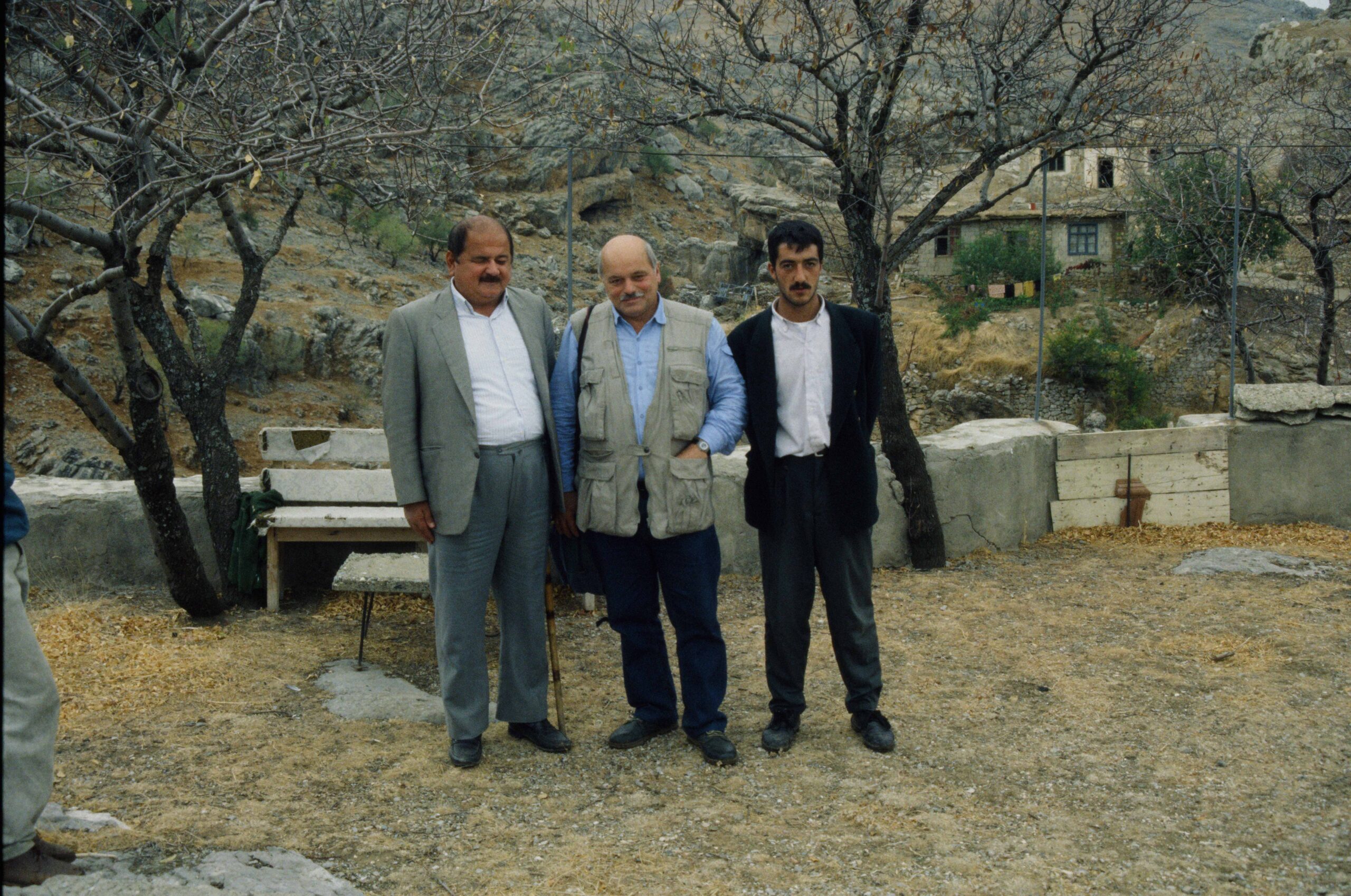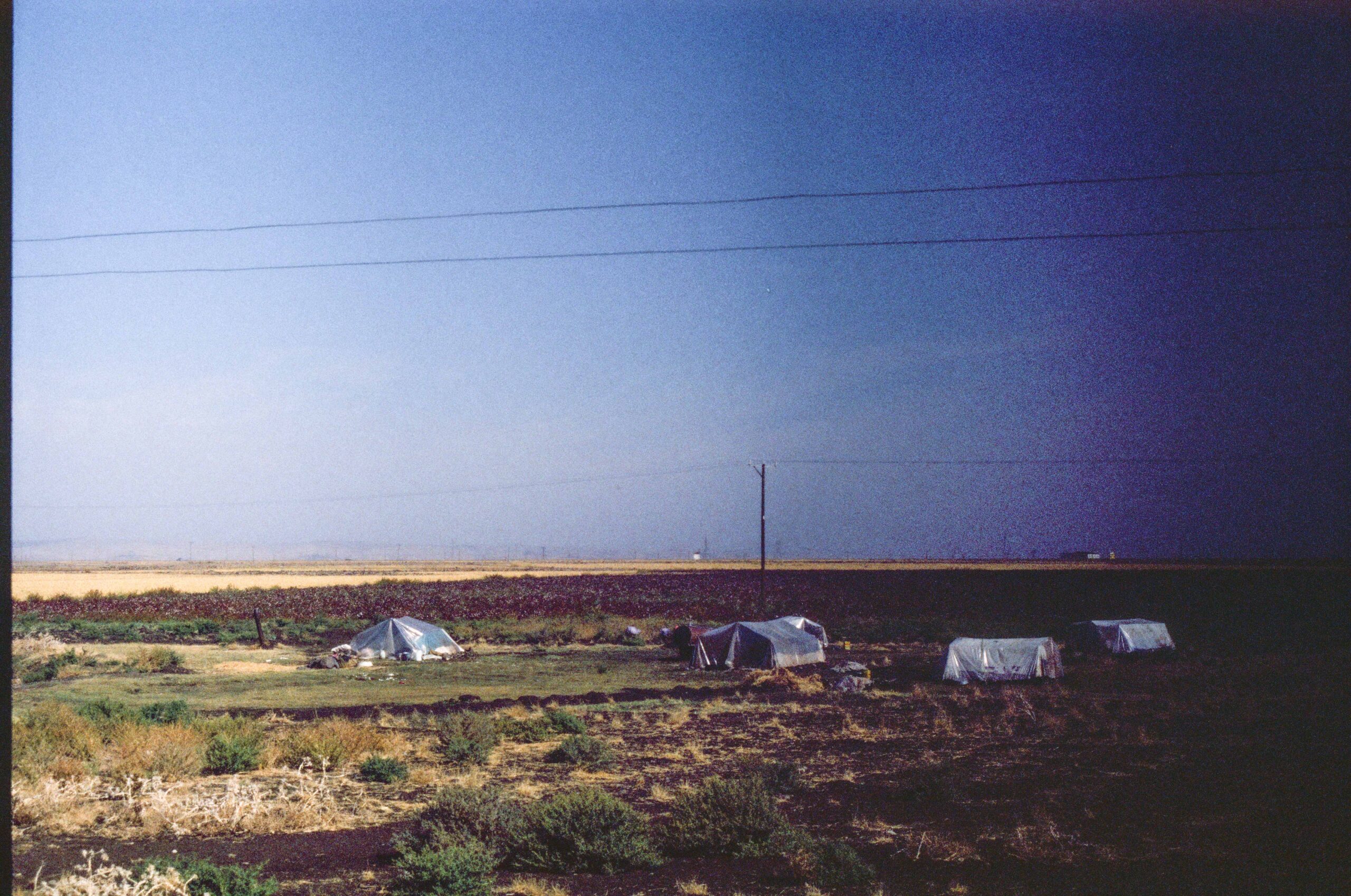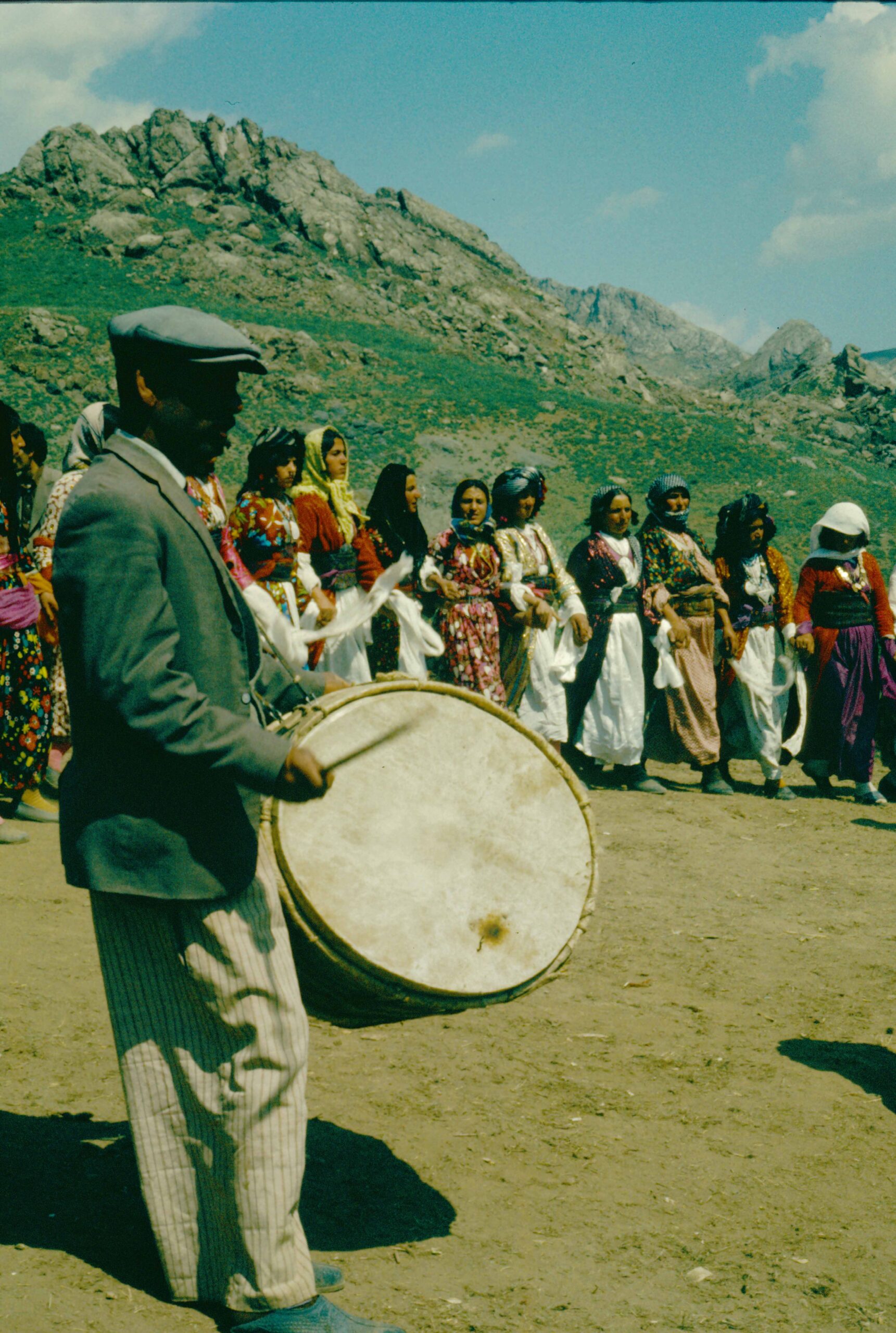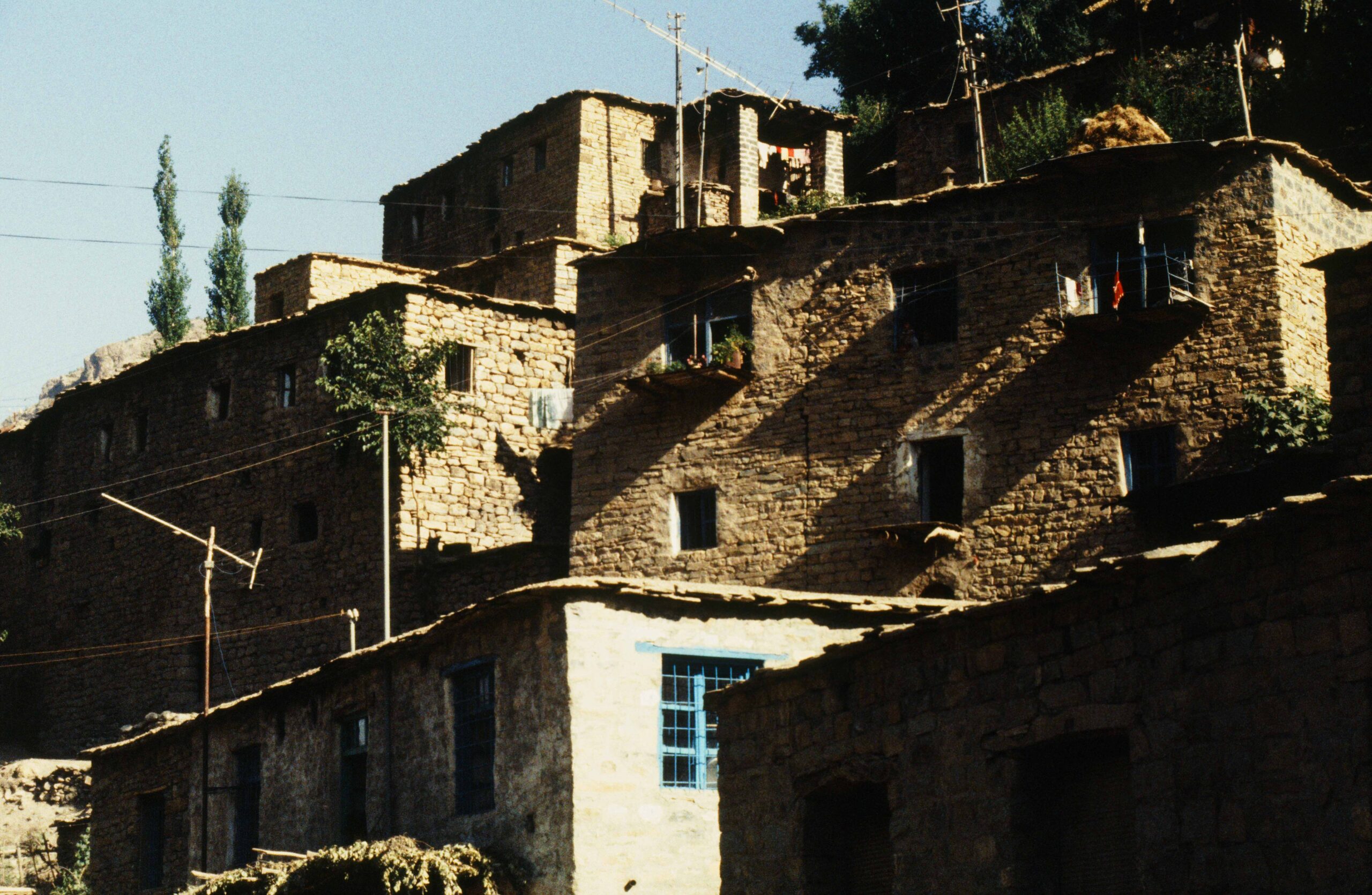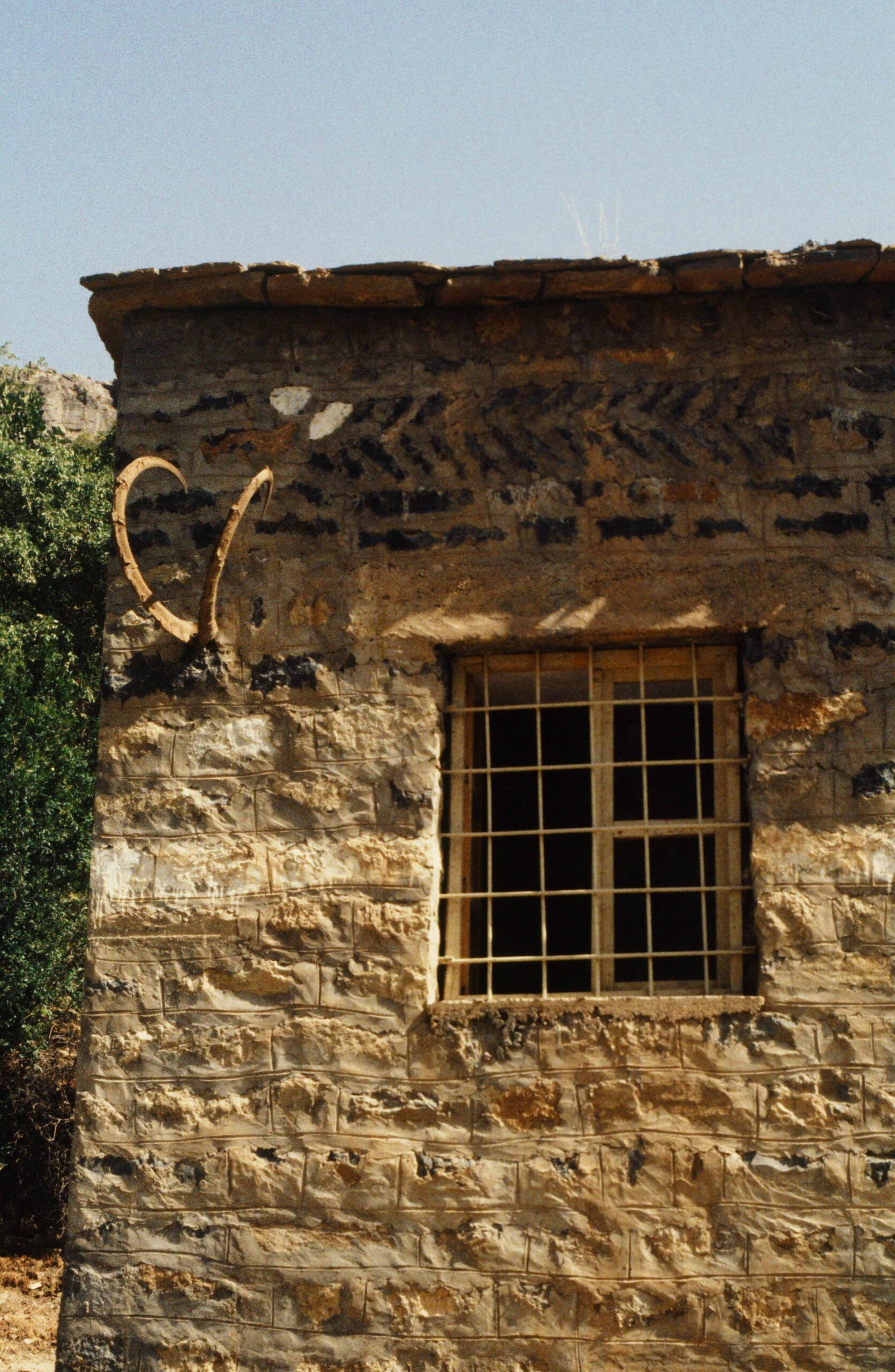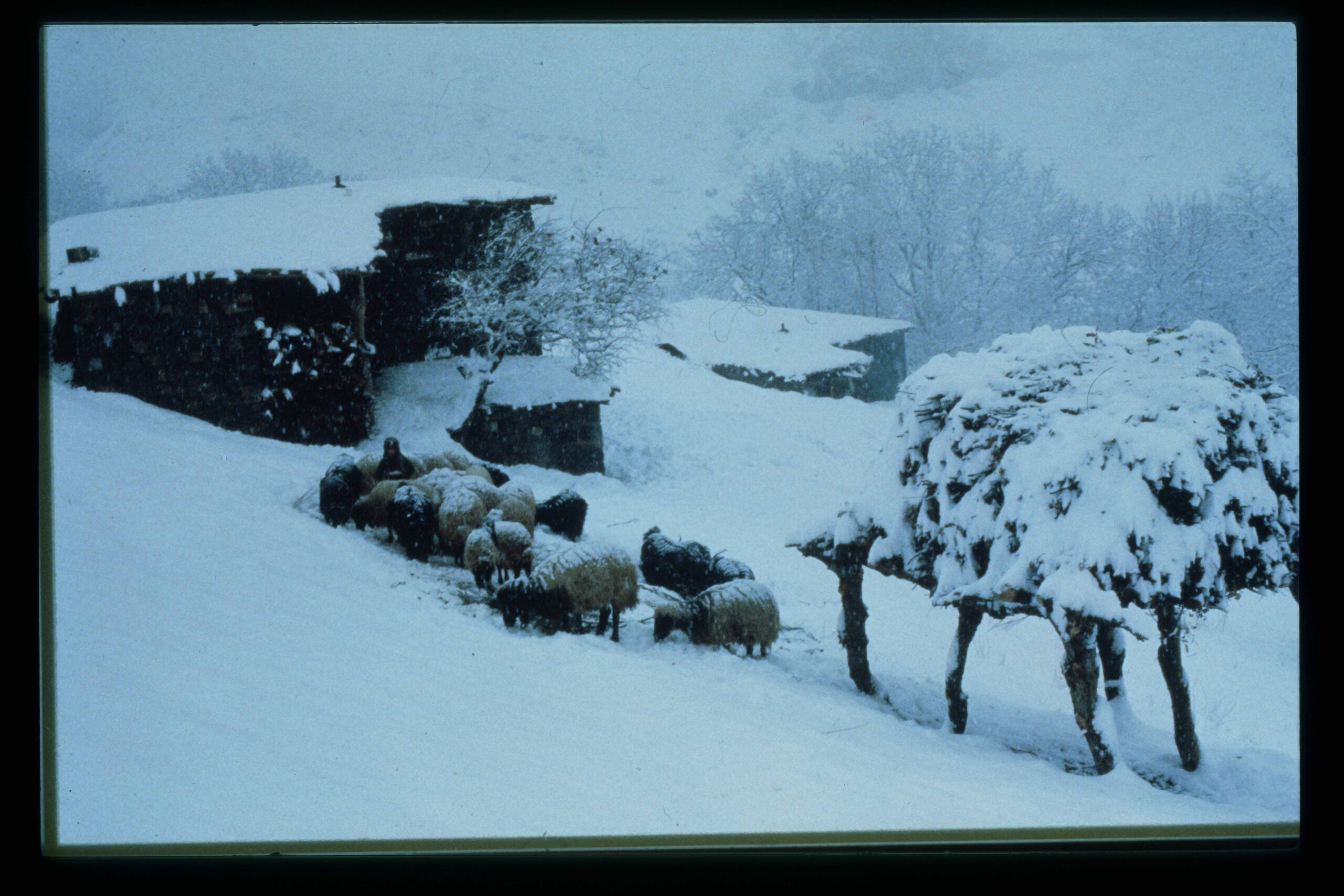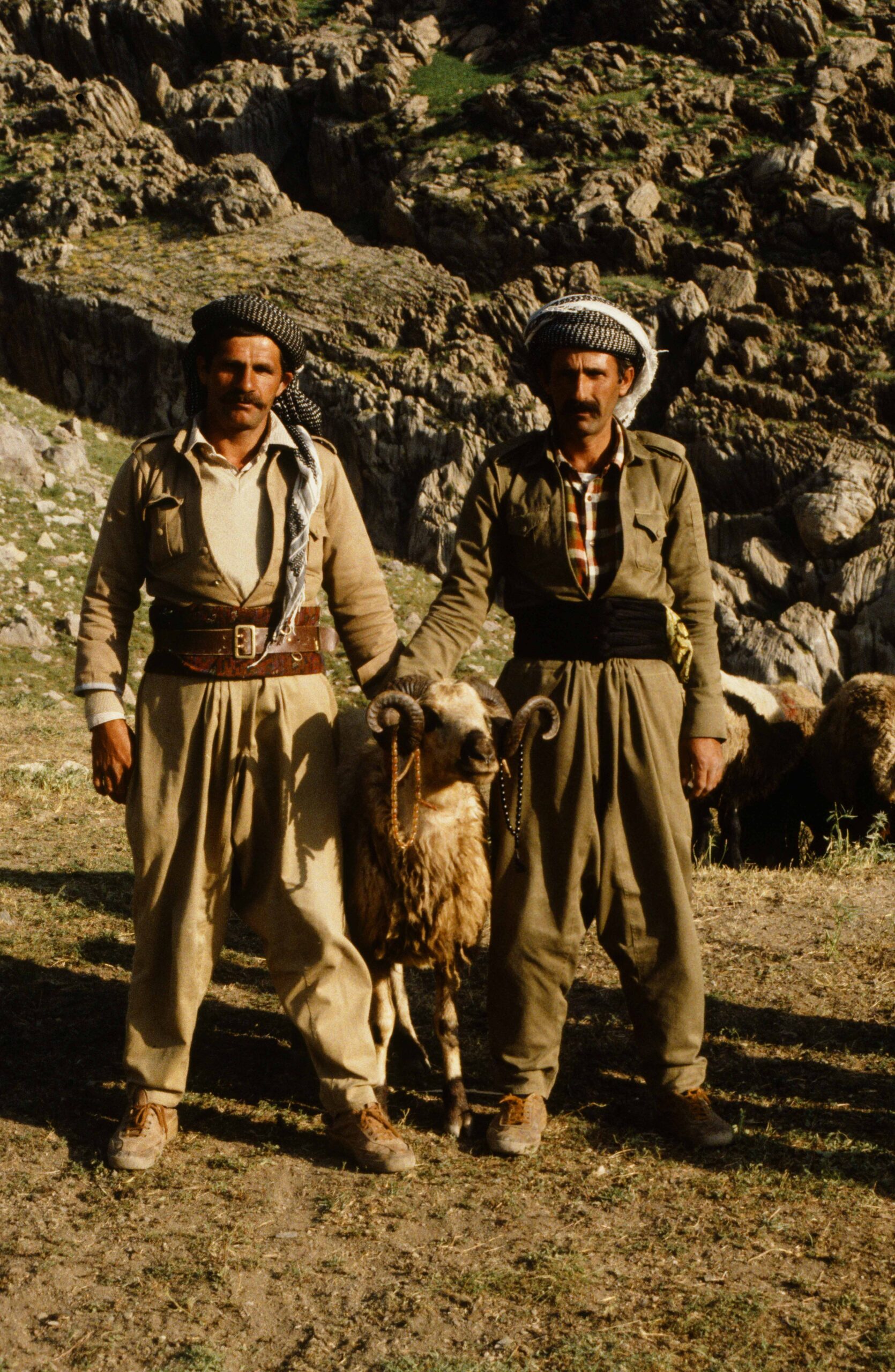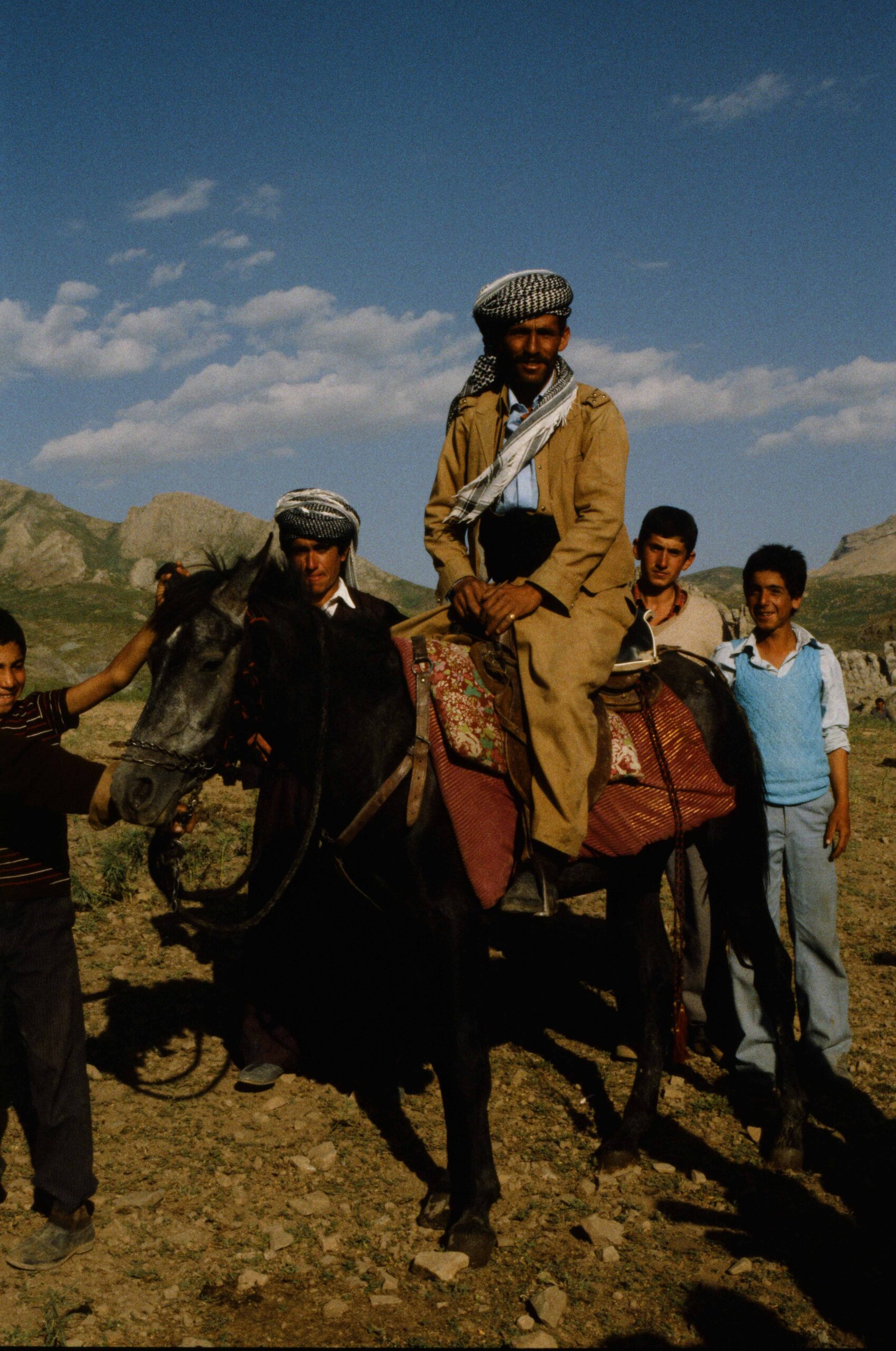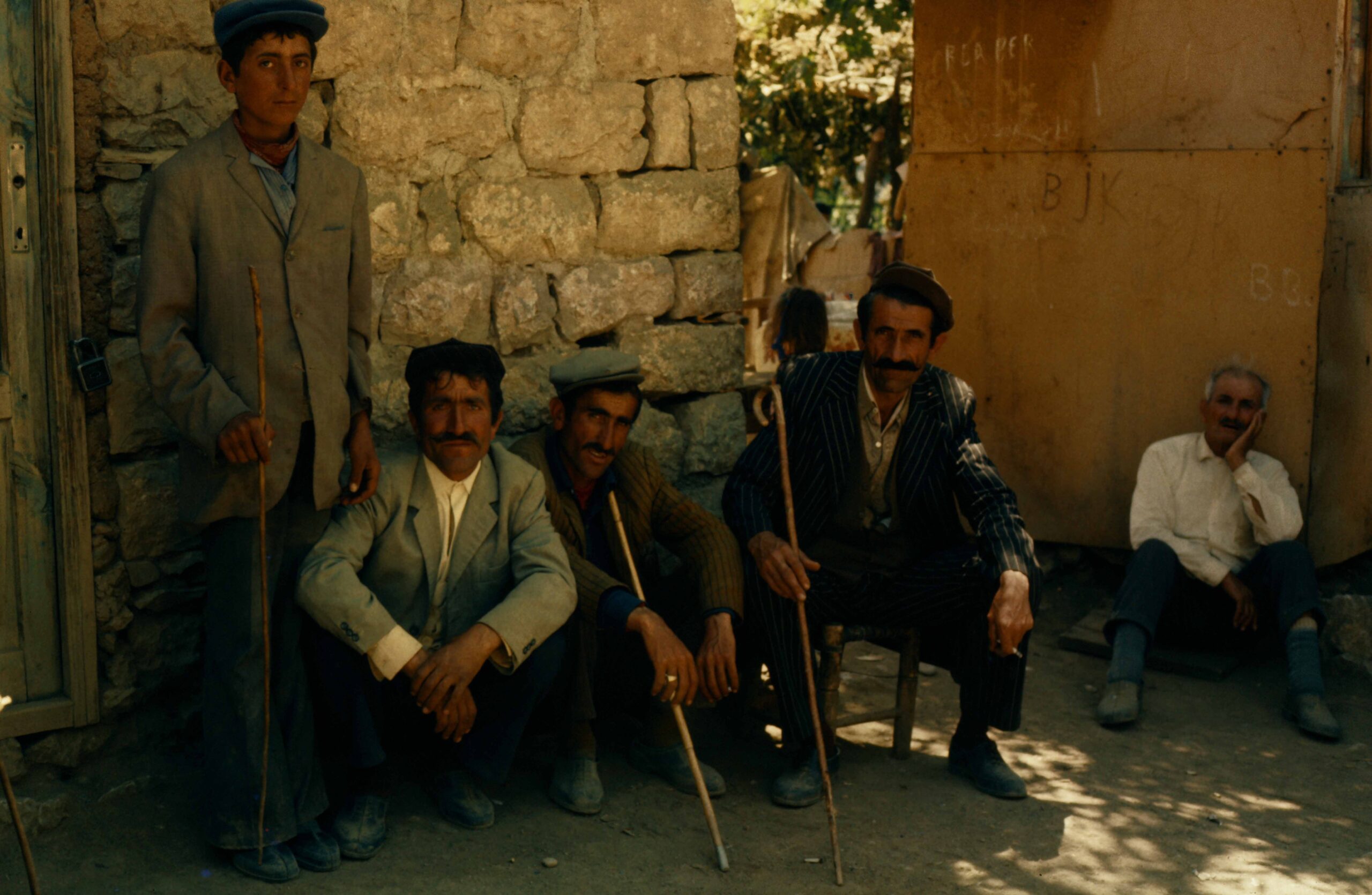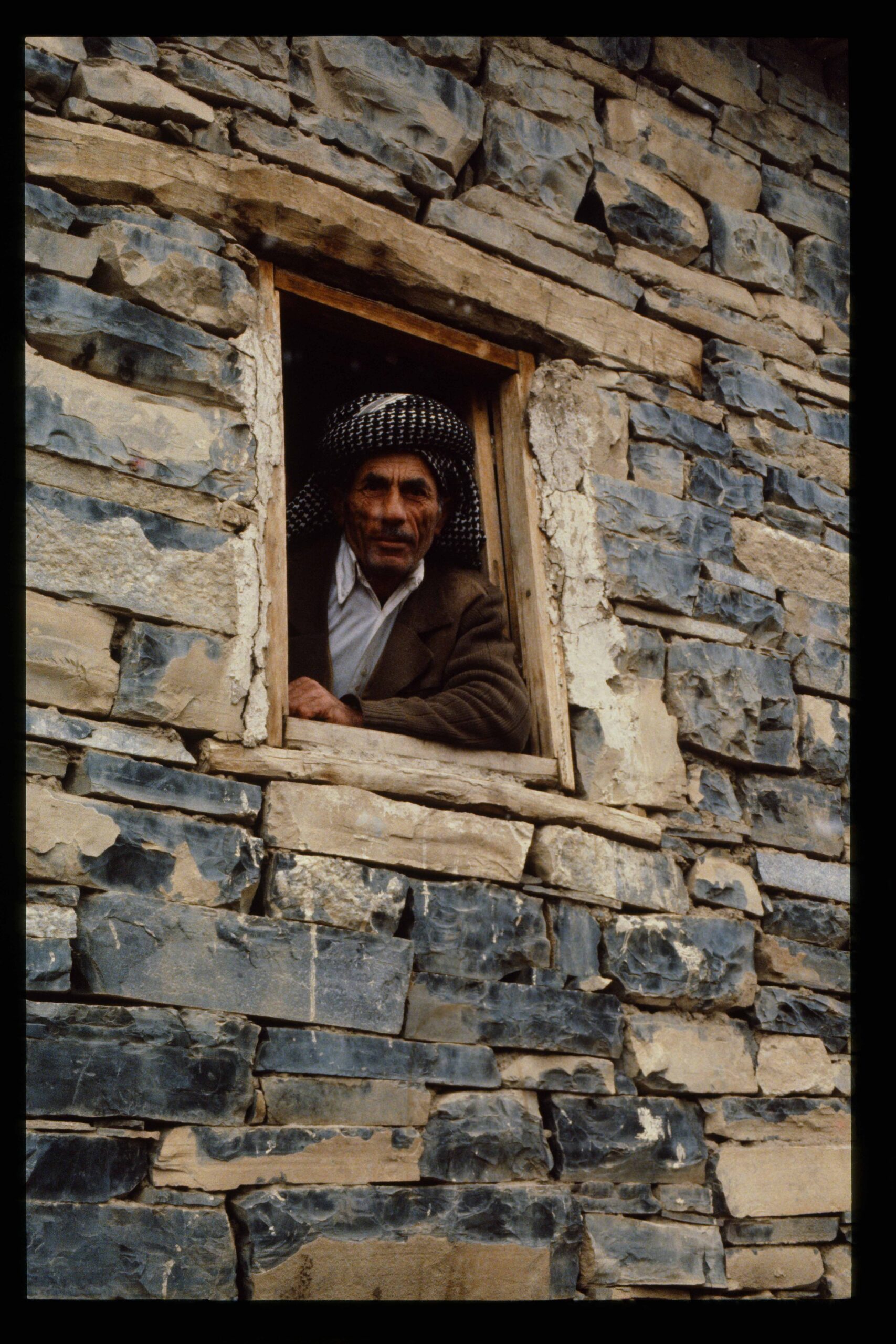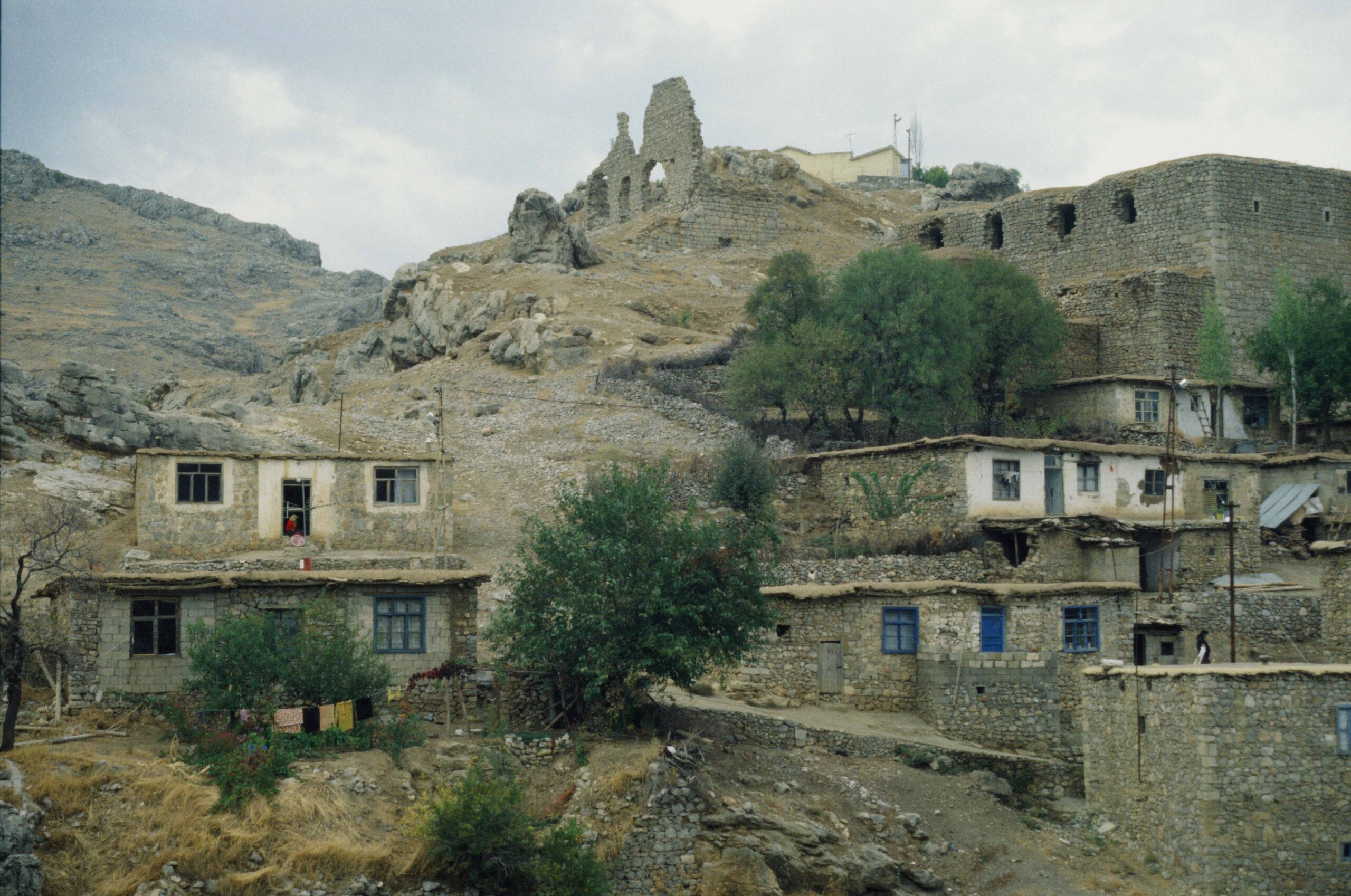Werner Finke (1942–2002) had undertaken research in the Kurdish regions in Turkey for almost three decades. Interested in material culture and visual documentation, he compiled an ethnographic collection (today at the Weltmuseum Wien). It consists of about 1,000 ethnographic objects and is one of the most comprehensive collections of Kurdish material culture worldwide. His collection of audio-visual materials comprises about 30,000 slides and photos, 8mm and 16mm films and audio documentations of traditional singers. Finke has hardly published his anthropological findings, only the Museum collection was exhibited 1992.
From 1966 onwards, Finke visited Kurdish villages and accompanied livestock farmers to their summer pastures. His field trips were very ambitious – due to the political situation mostly clandestine/hidden; almost every year he purchased a donkey as a means of transport to visit the farmers on their summer pastures. The unique collections reflect his interest in the environment, traditional agriculture (especially transhumance), village life and handicrafts.
In general, life in the summer pastures was much freer than in the villages or towns with less political and social control. The political situation from the 1970s onwards lead to internal displacements, ‘low intensity conflict’ and years of civil war-like conditions. The Kurds were forced to give up traditional ways of production (like transhumance) and experienced forced migration. Today the villagers are scattered all over Turkey and also in Europe. Their community is represented today in the cyber space via homepages and Facebook sites.
Finke’s documentation covers the last three decades of traditional production systems before the major socio-economic and political transformation processes. After Finke’s sudden death, his collection of visual documentation was dedicated to ISA (AAS). His photographic estate will be digitized and published in the online catalog of the Austrian Academy of Sciences (link coming soon).
IMAGE CREDIT
CC BY-NC-ND 4.0 ISA ÖAW, Photo: Werner Finke
ZOZAN is based on the two photographic collections of Mehmet Emir und Werner Finke.

